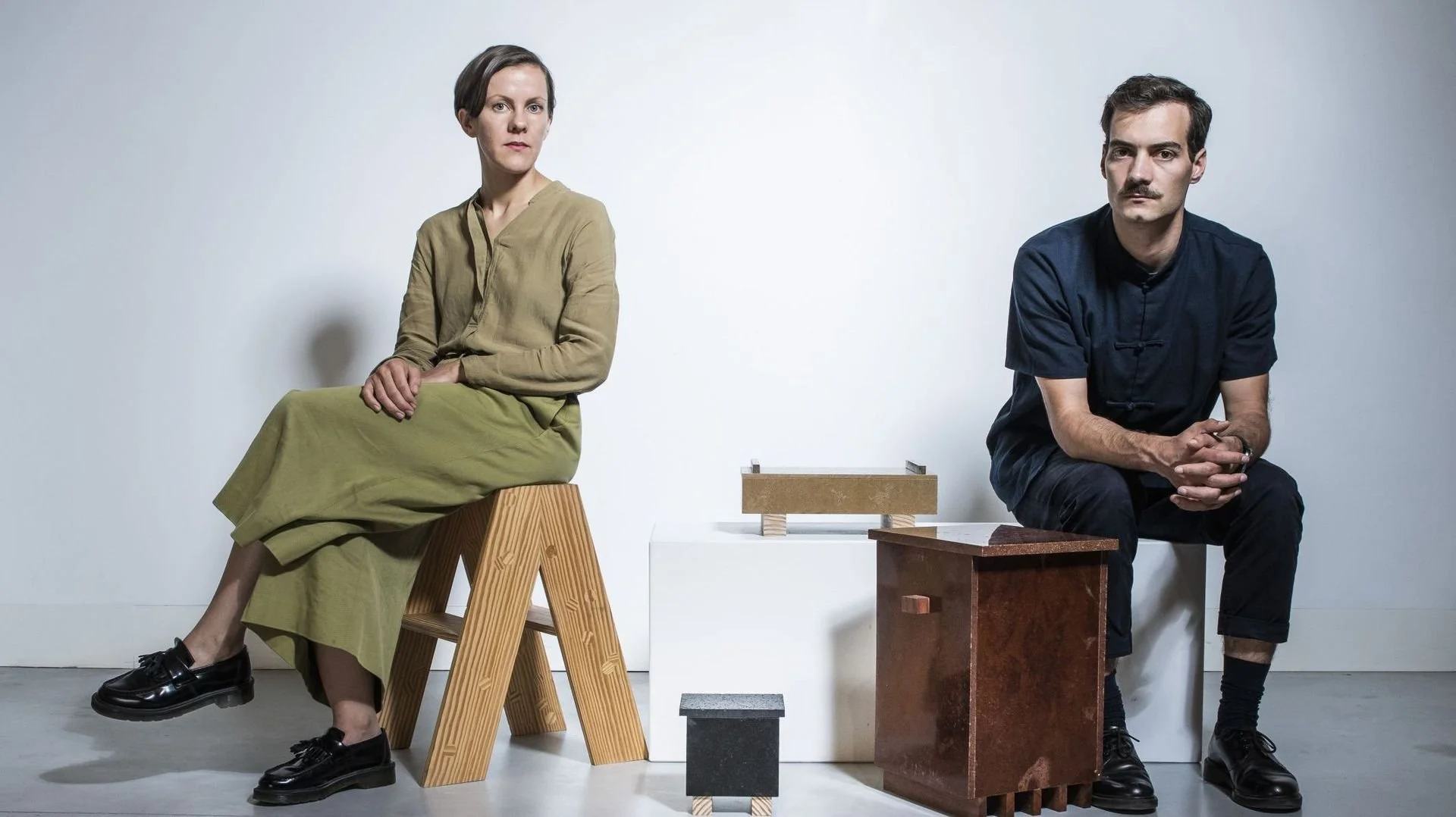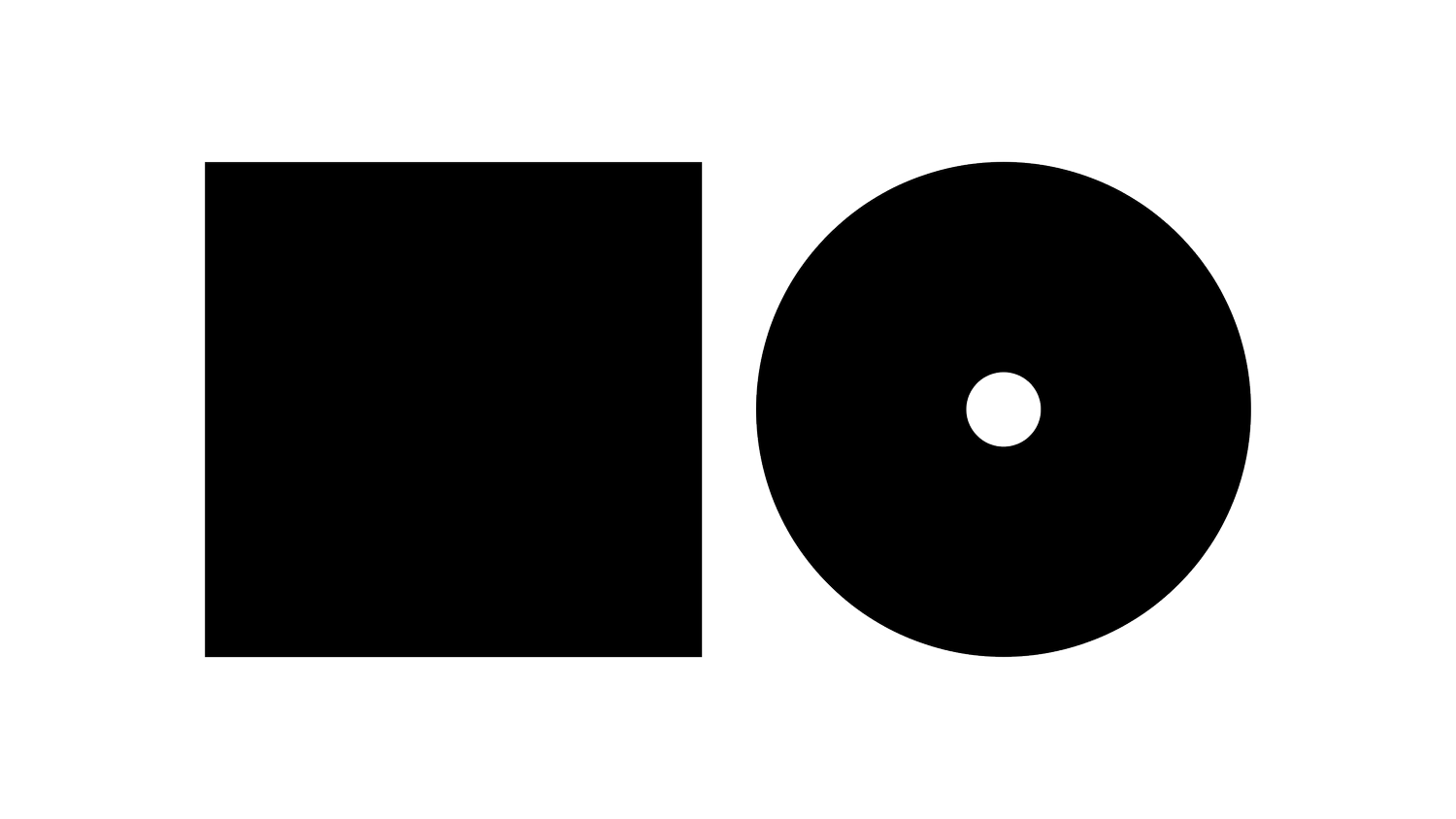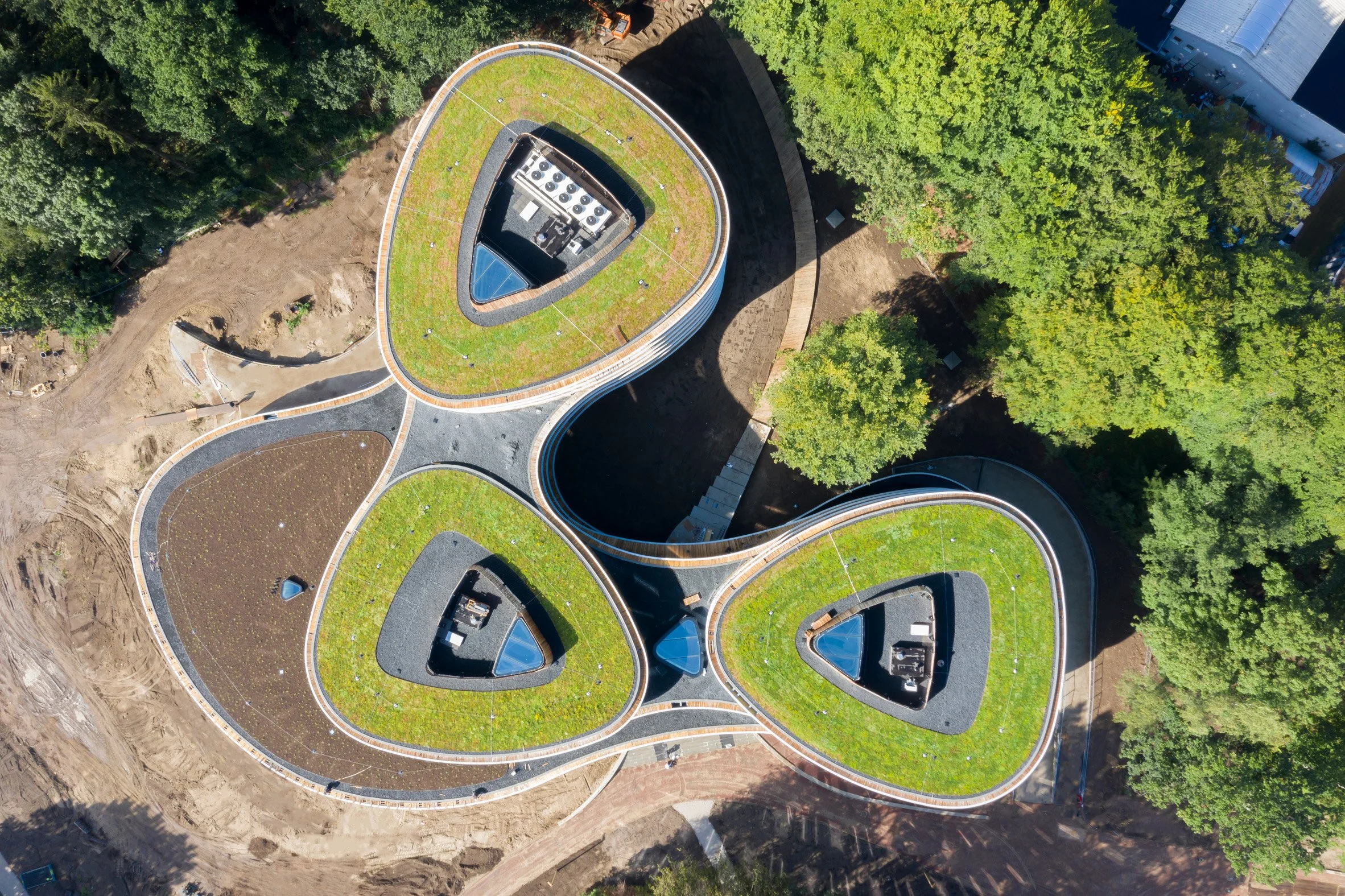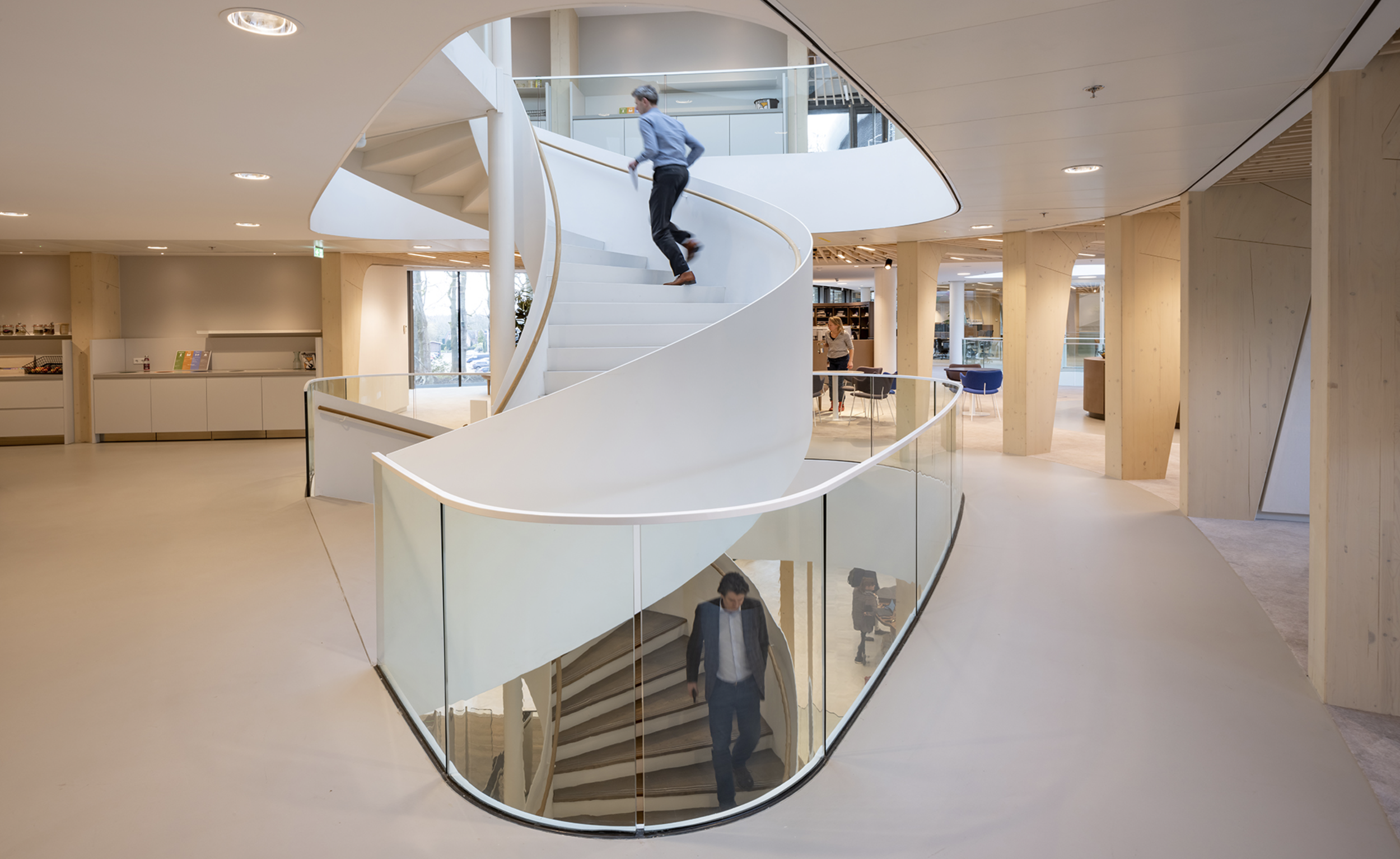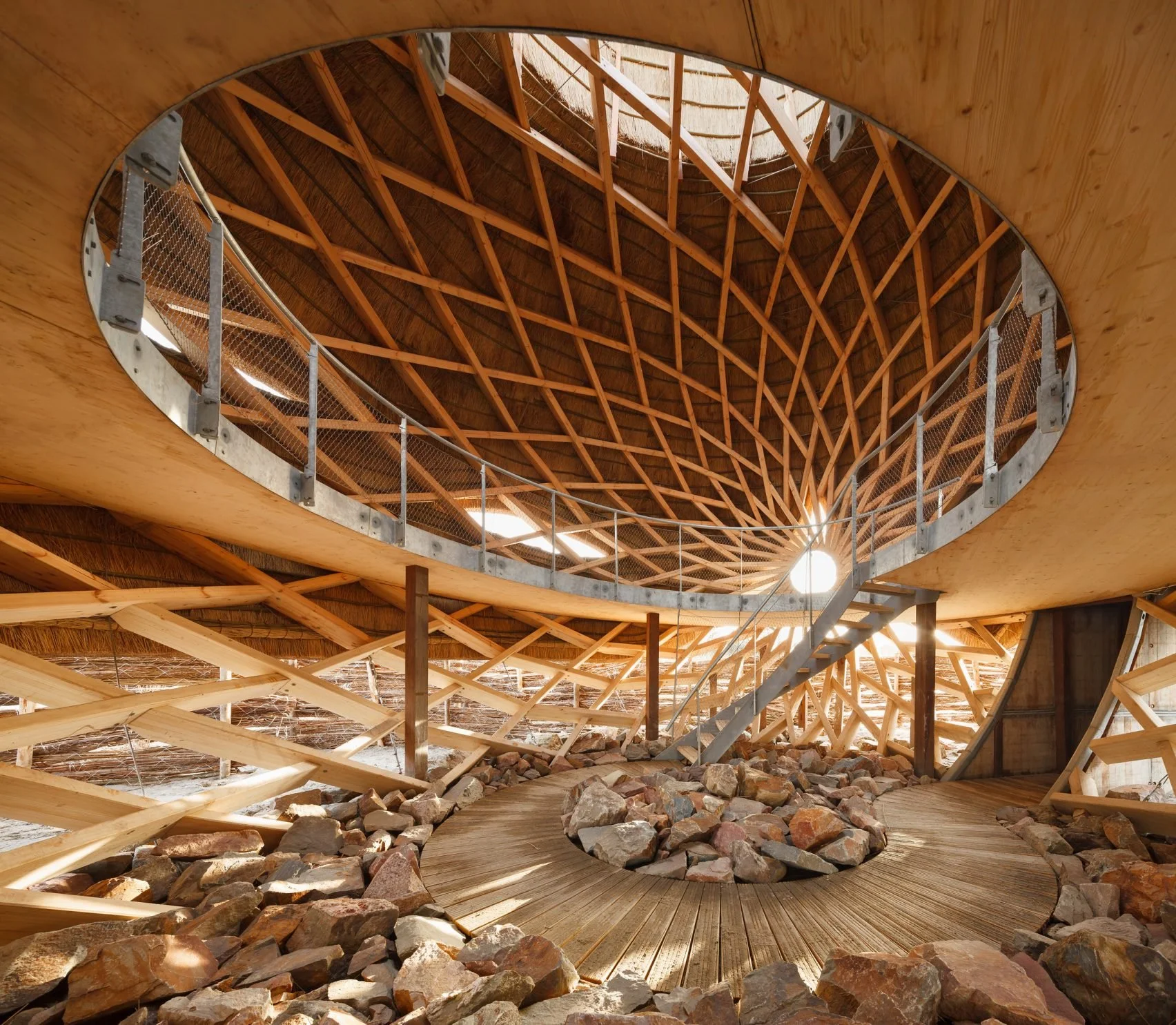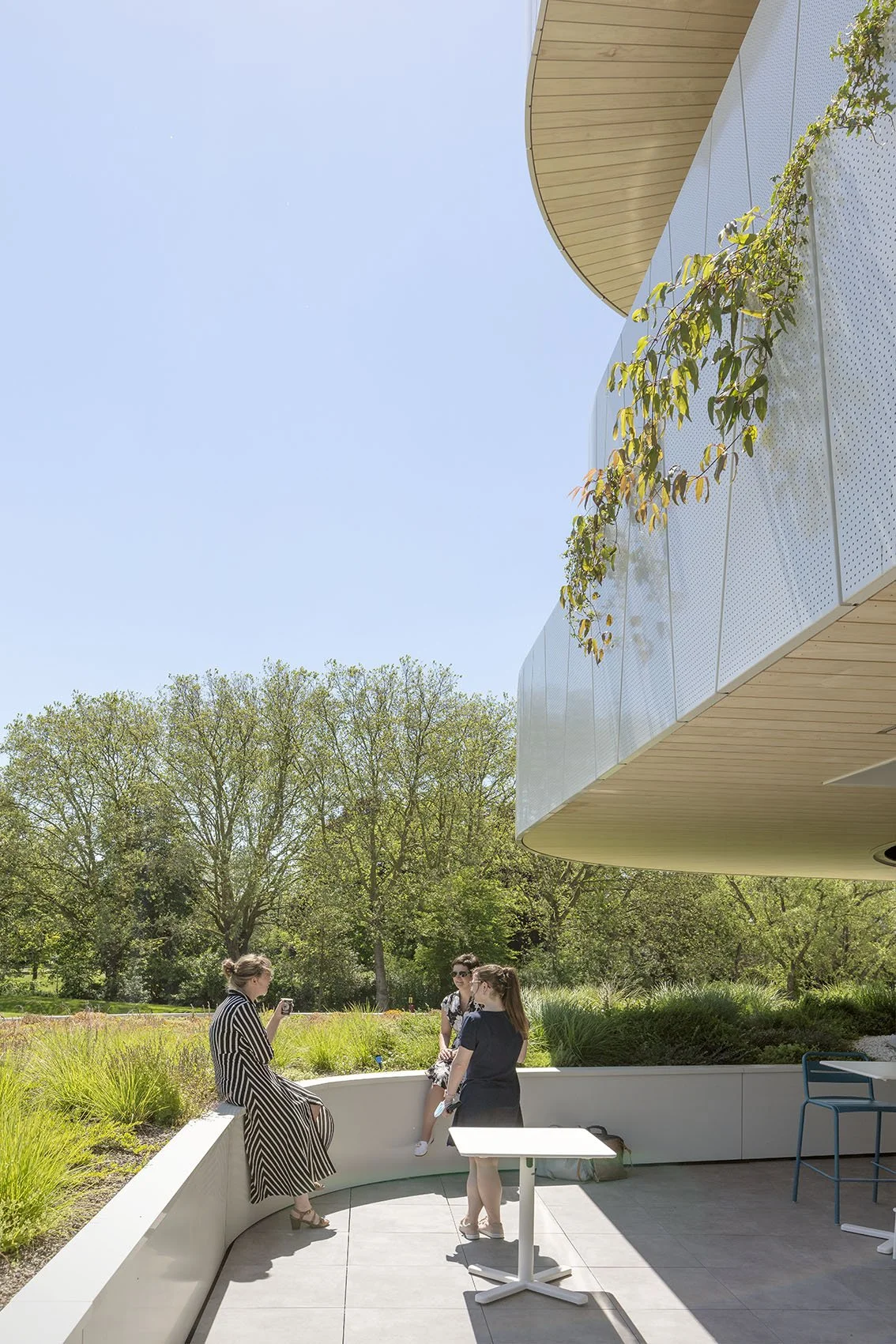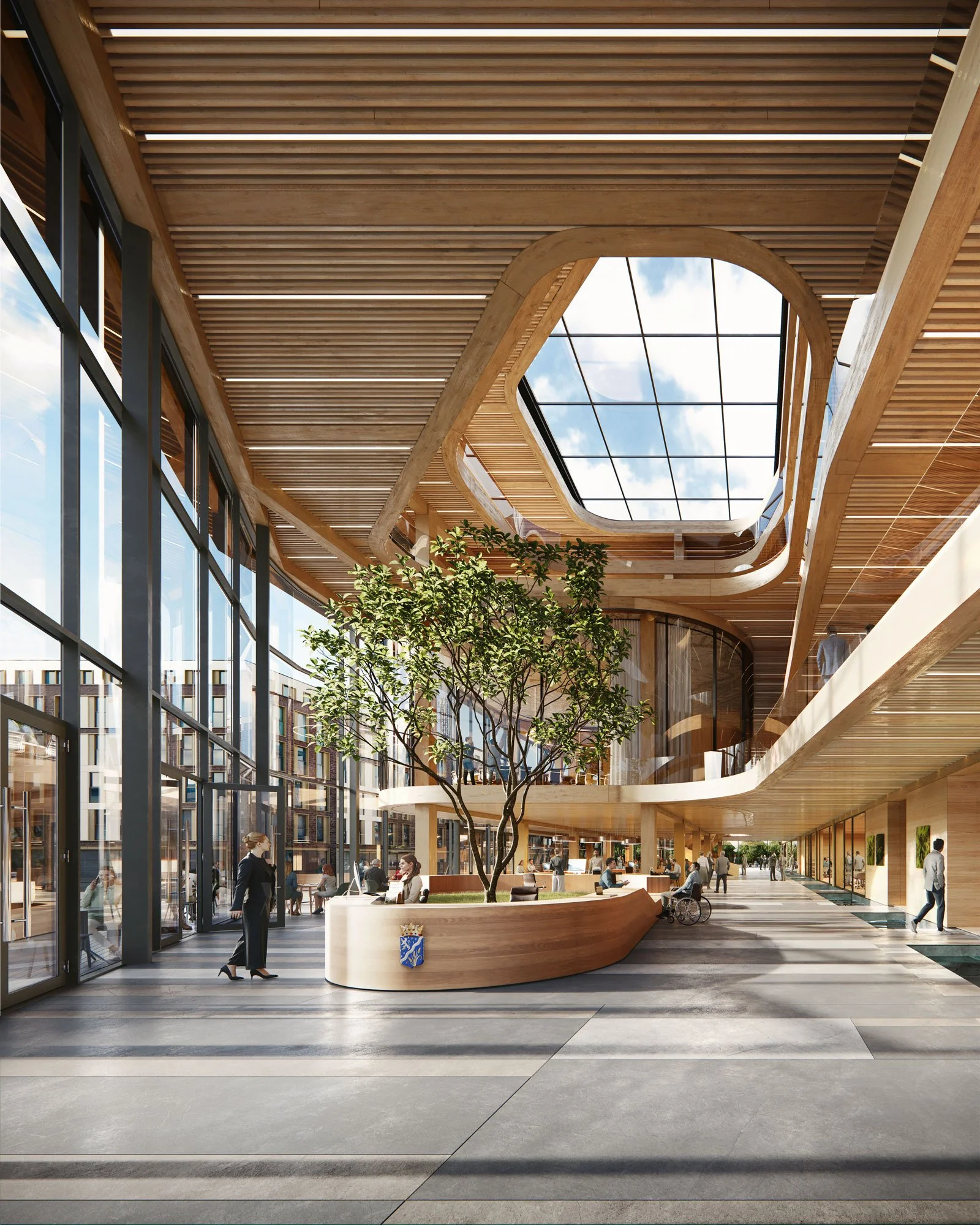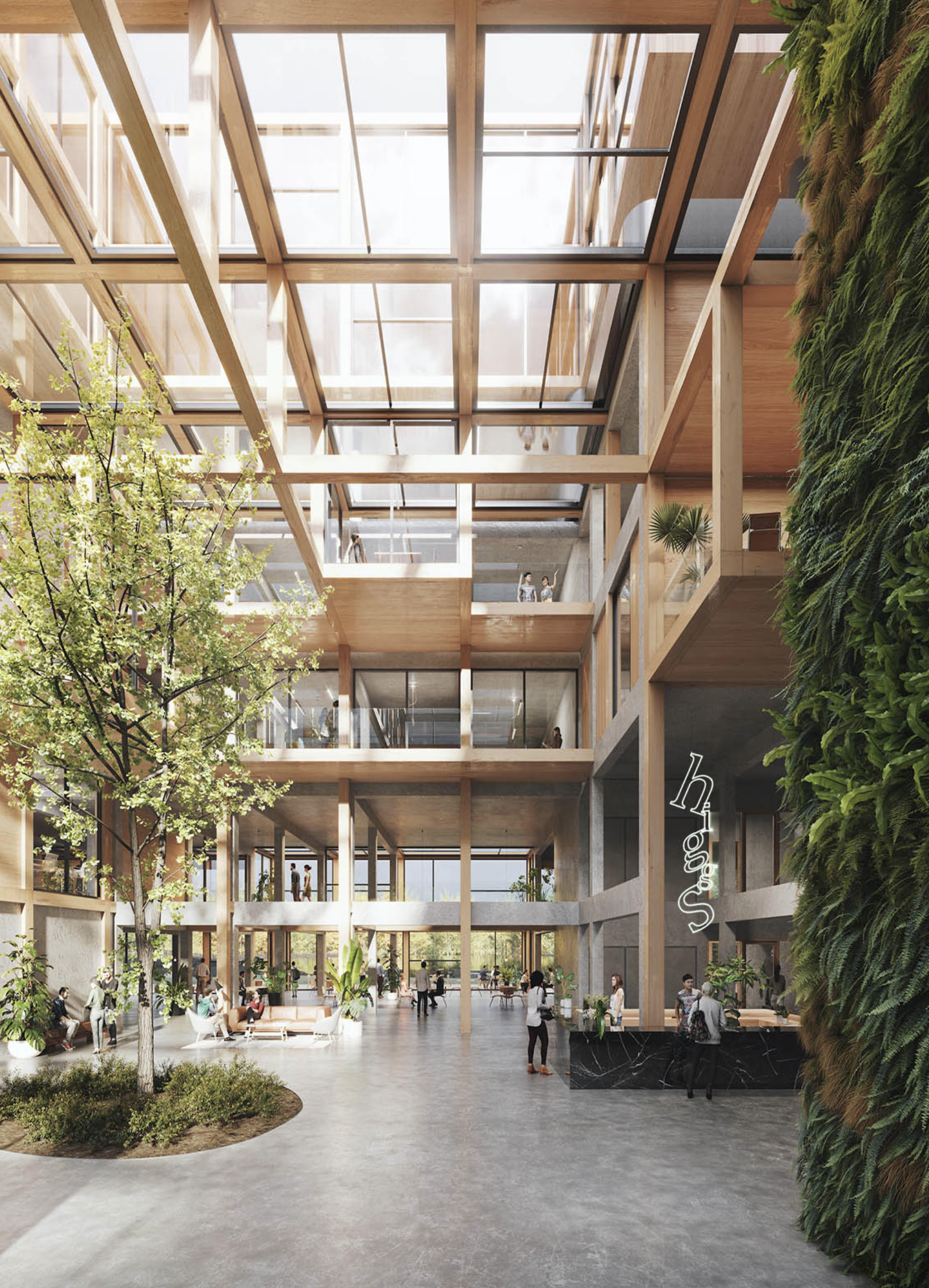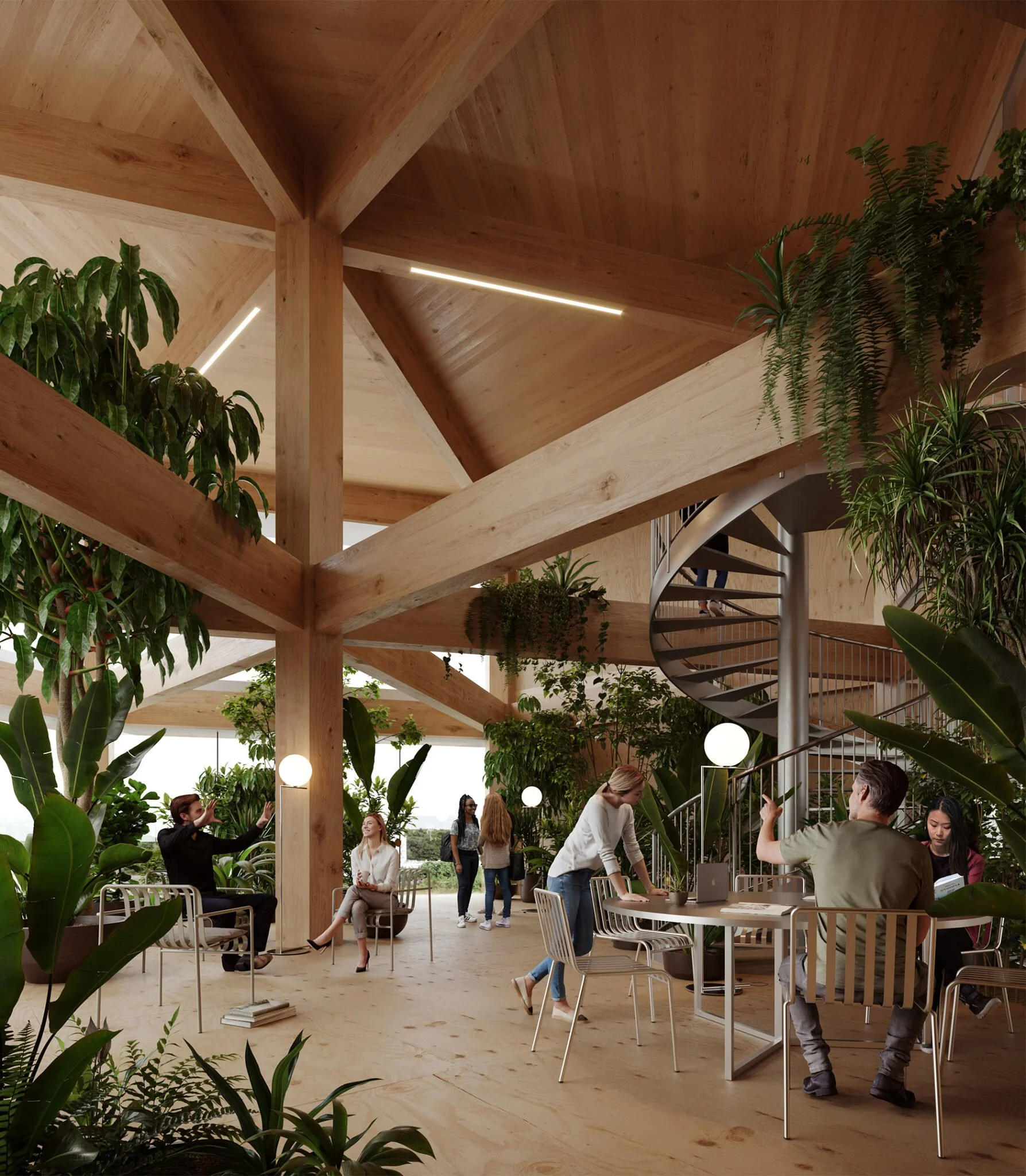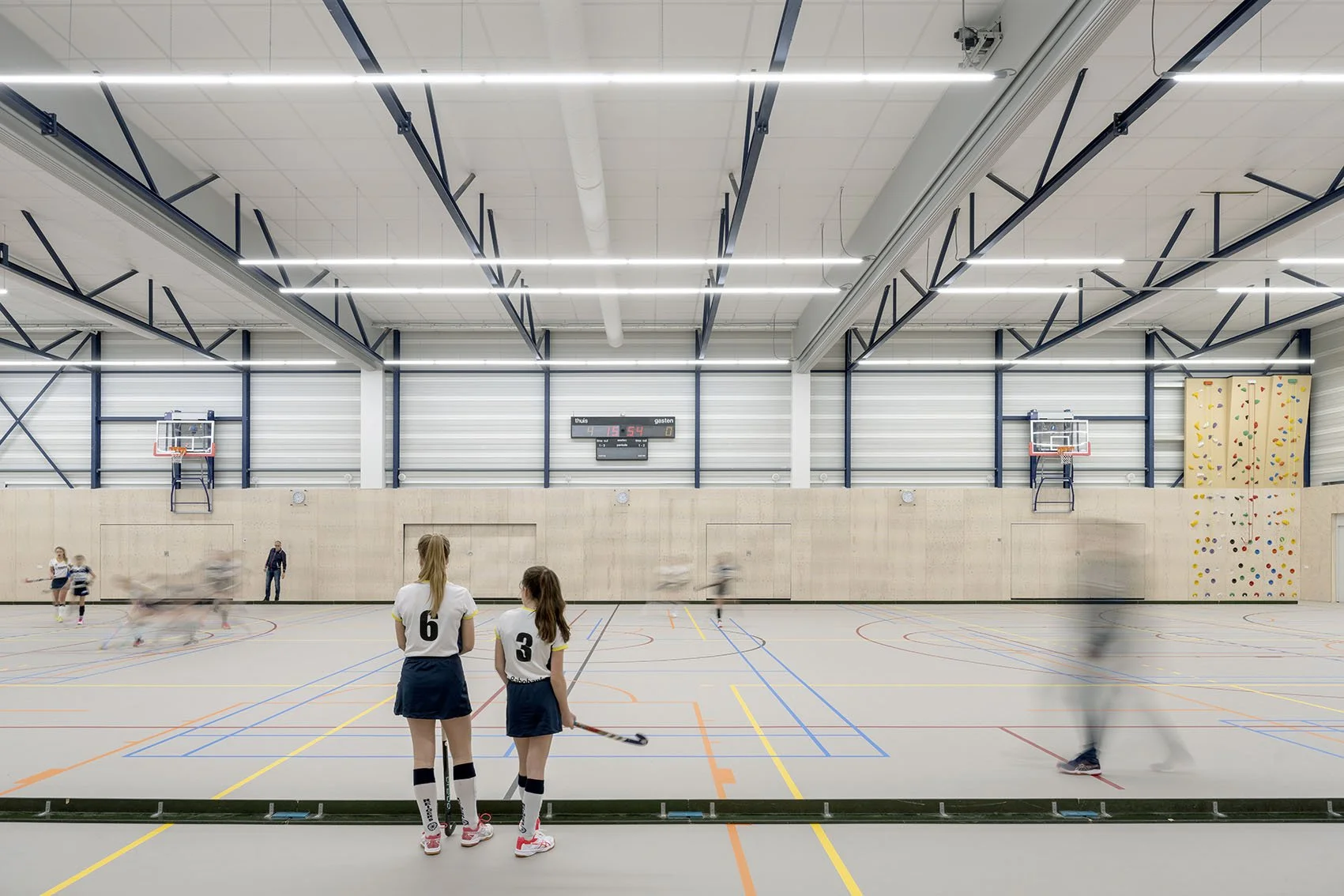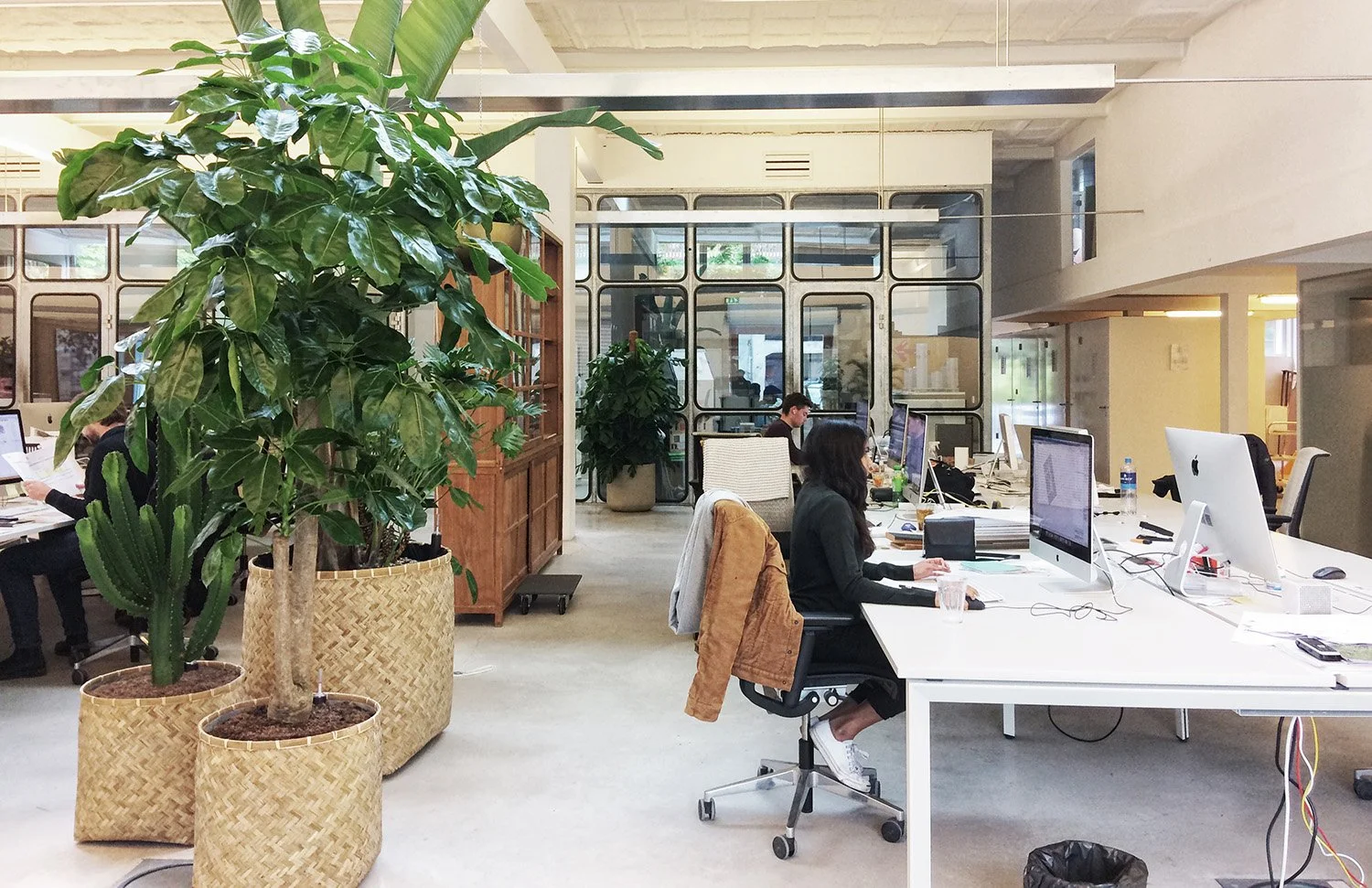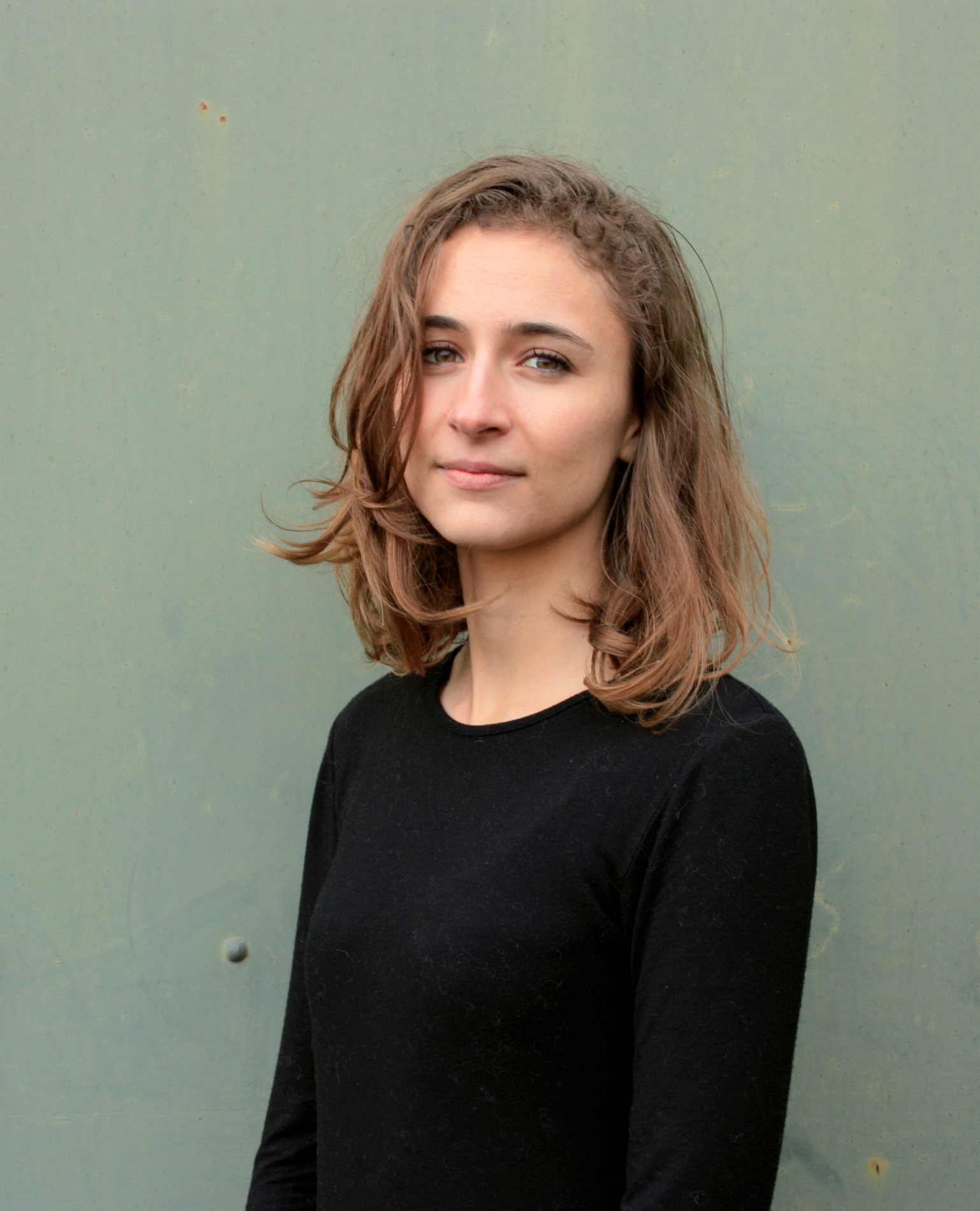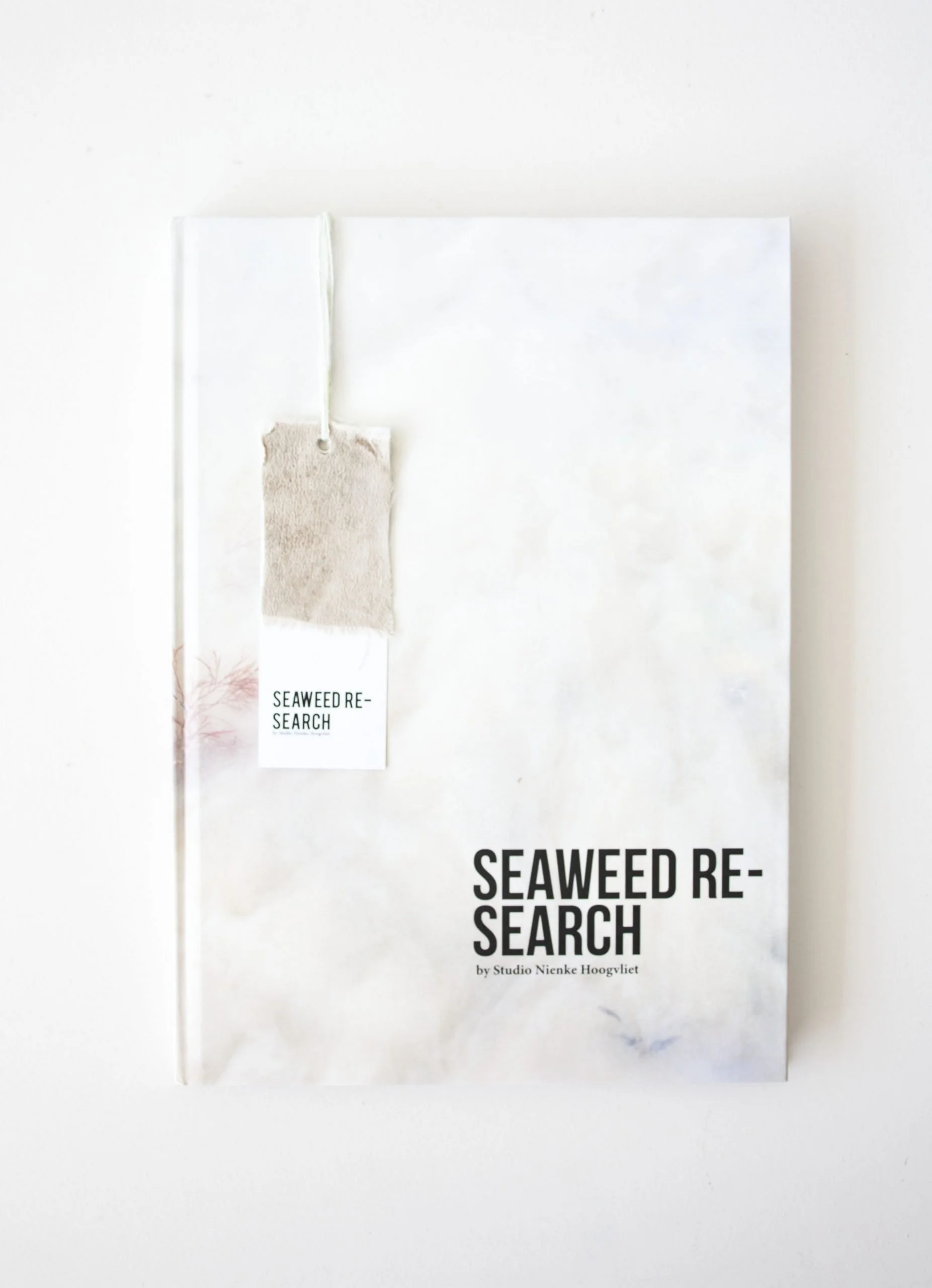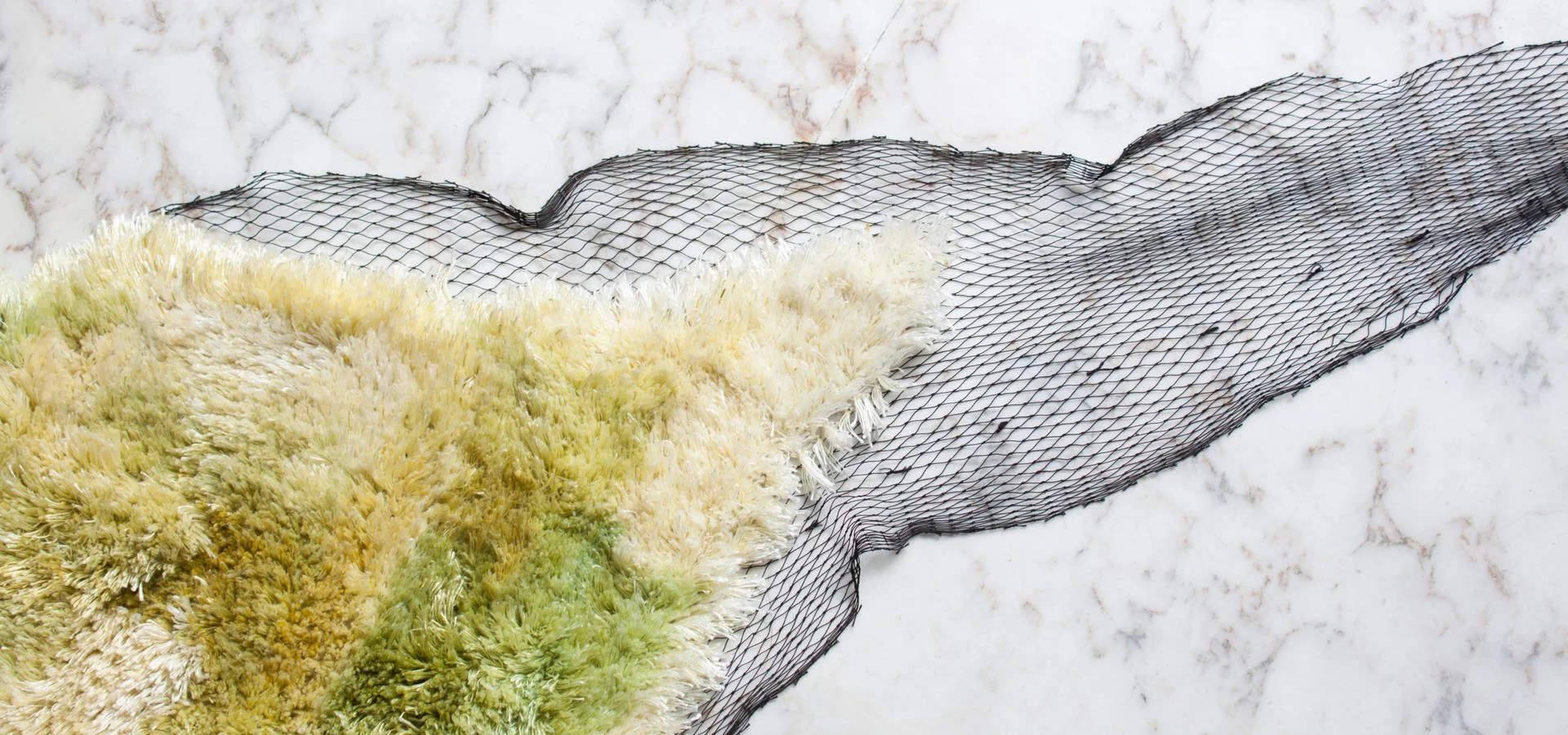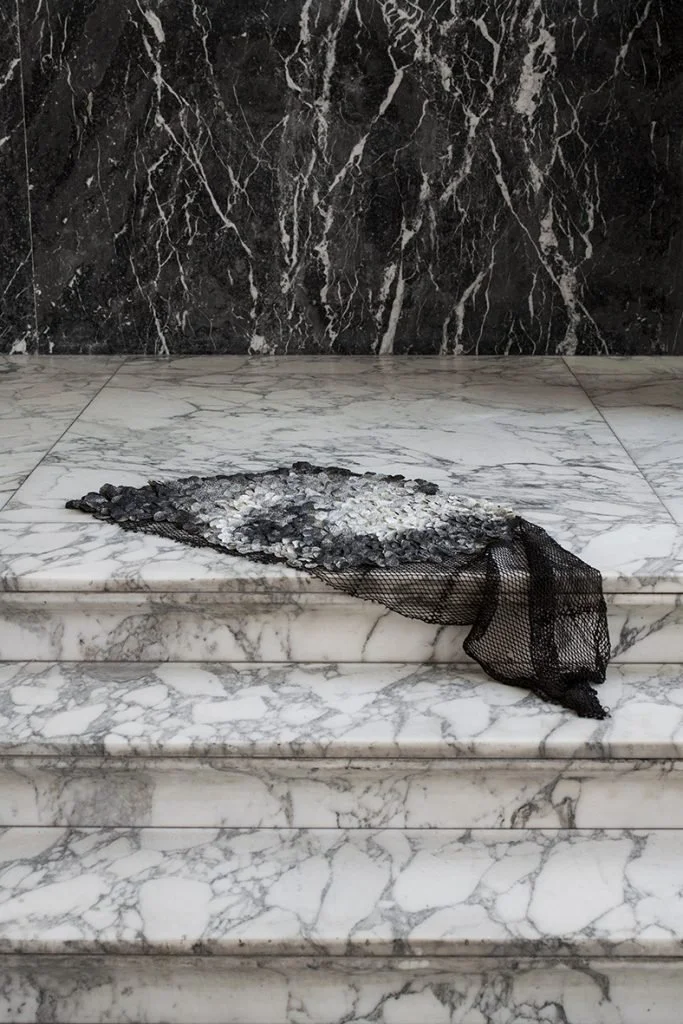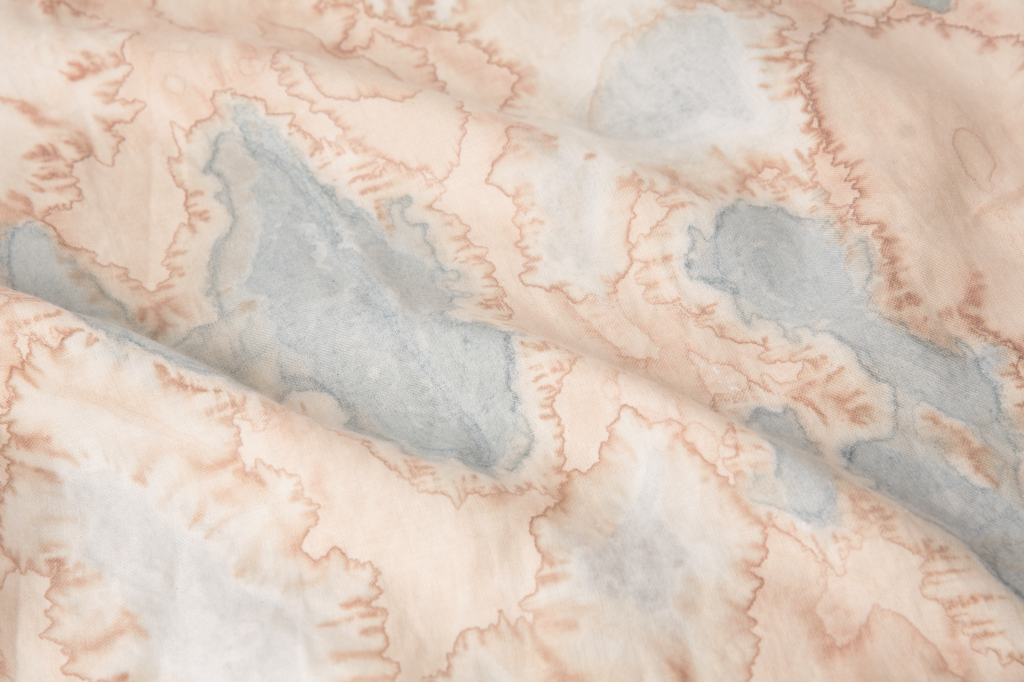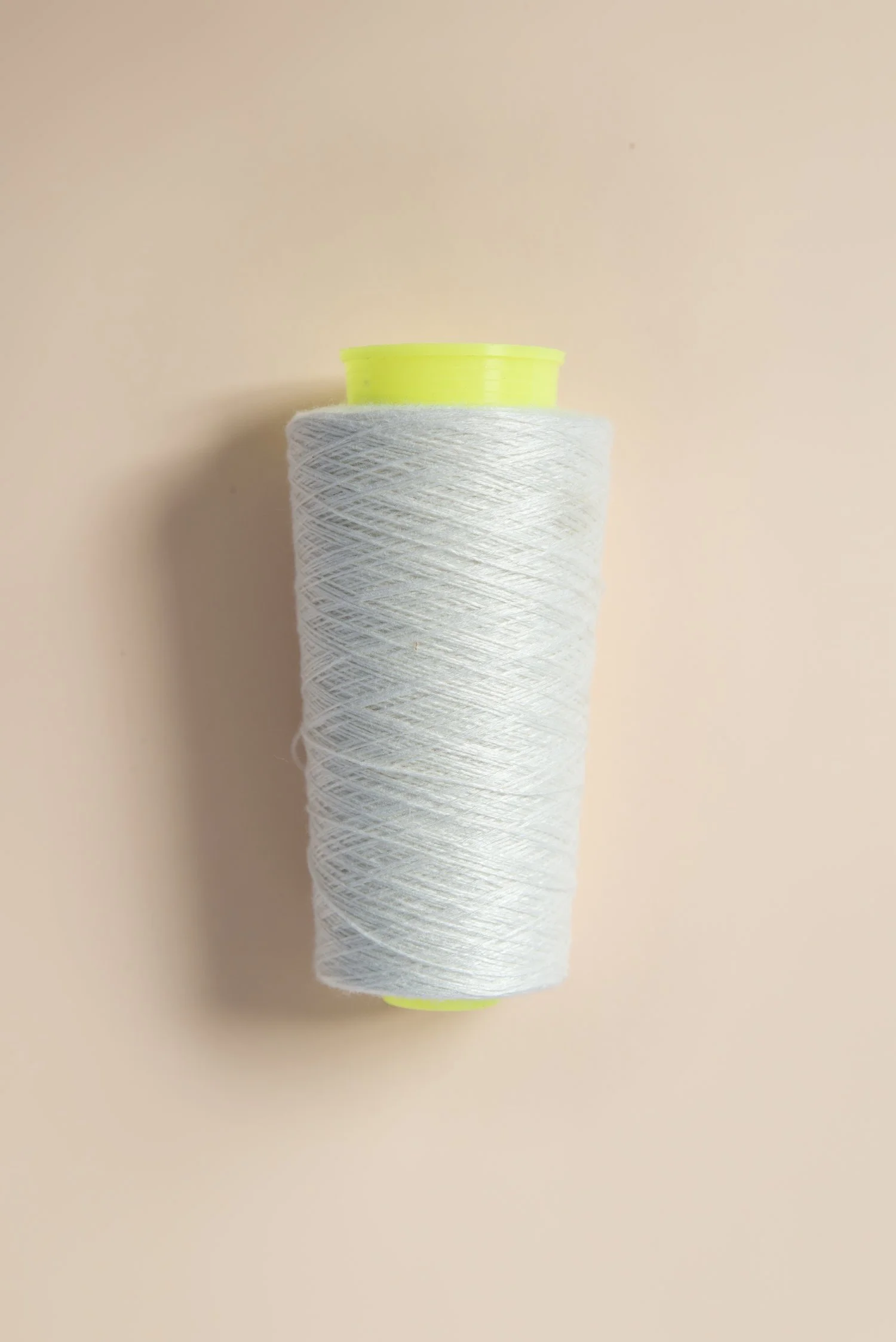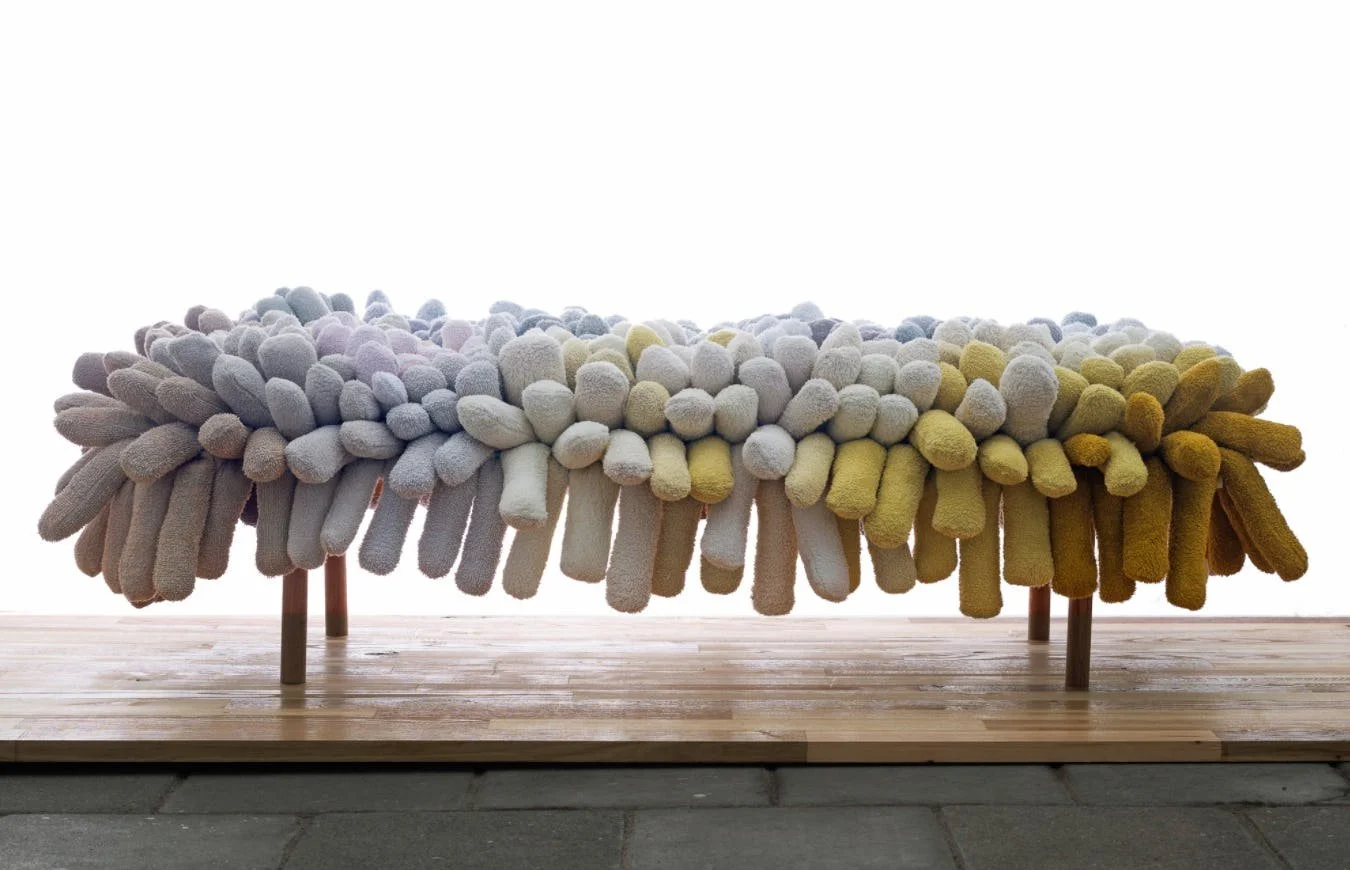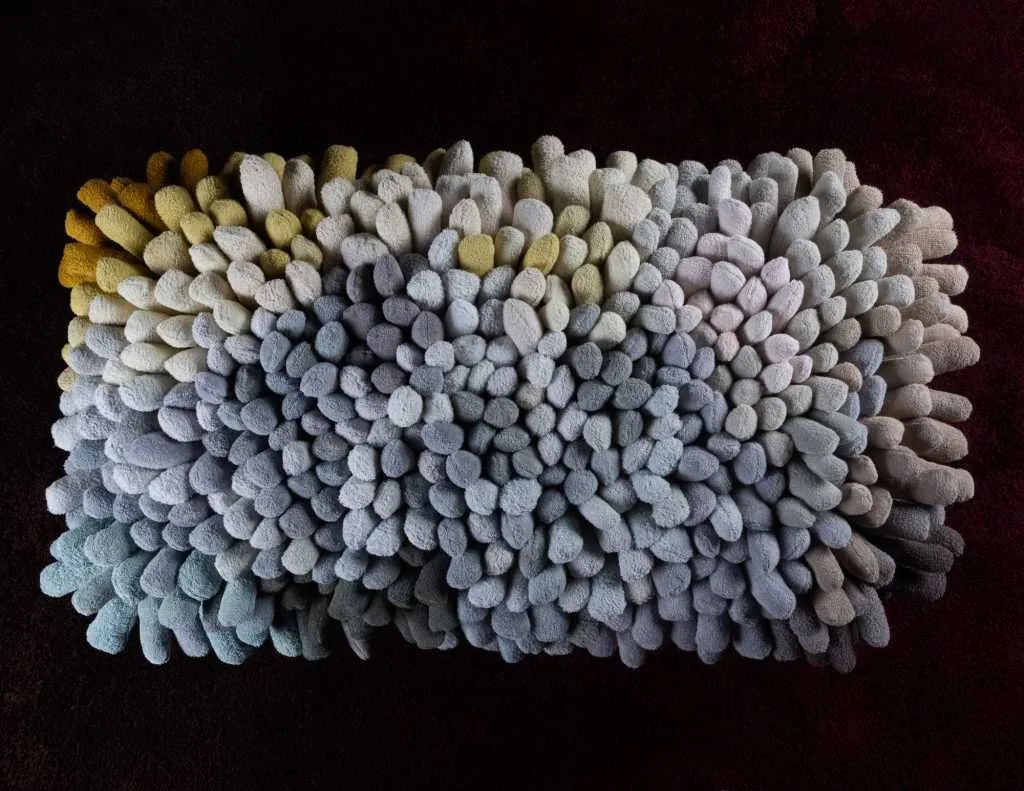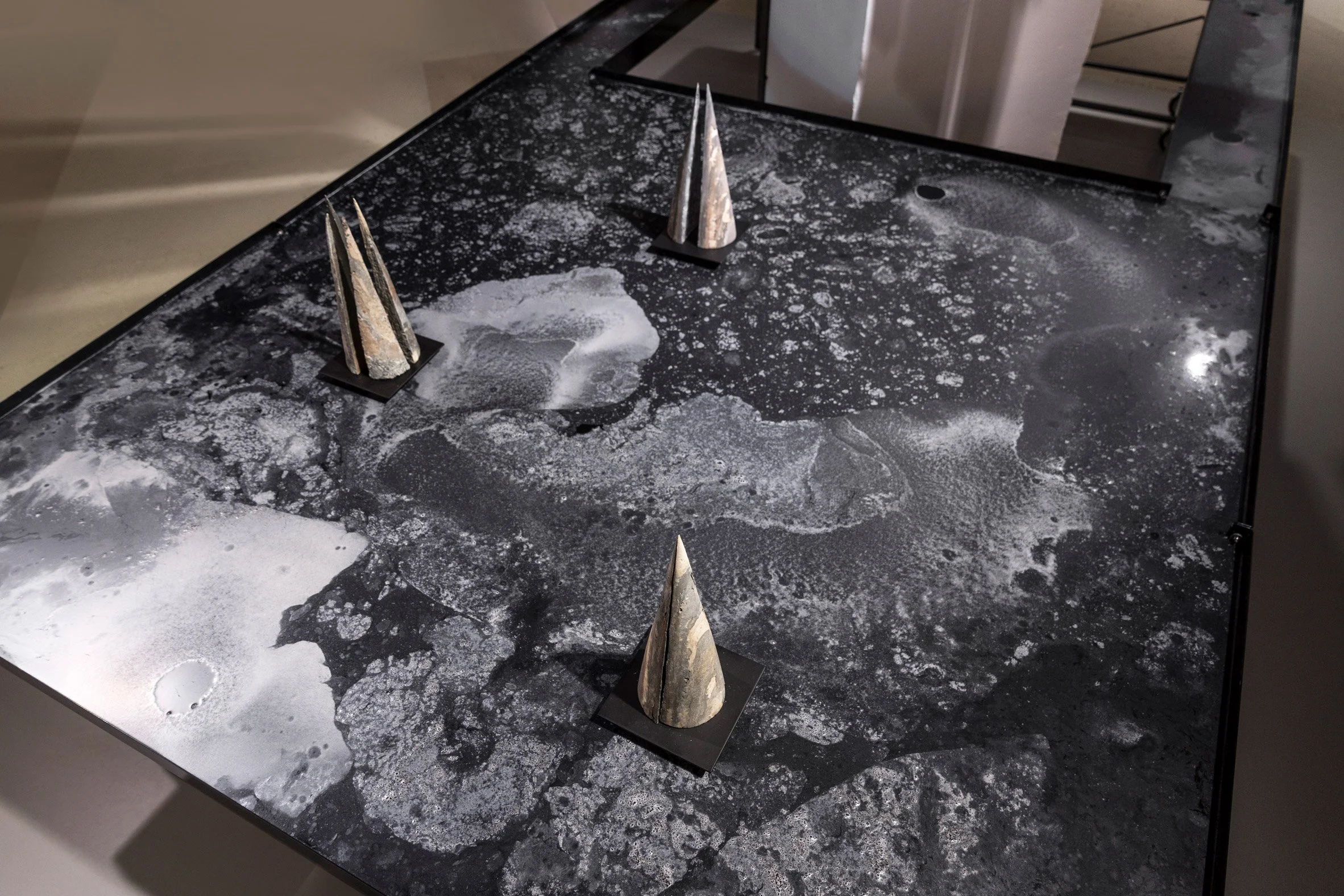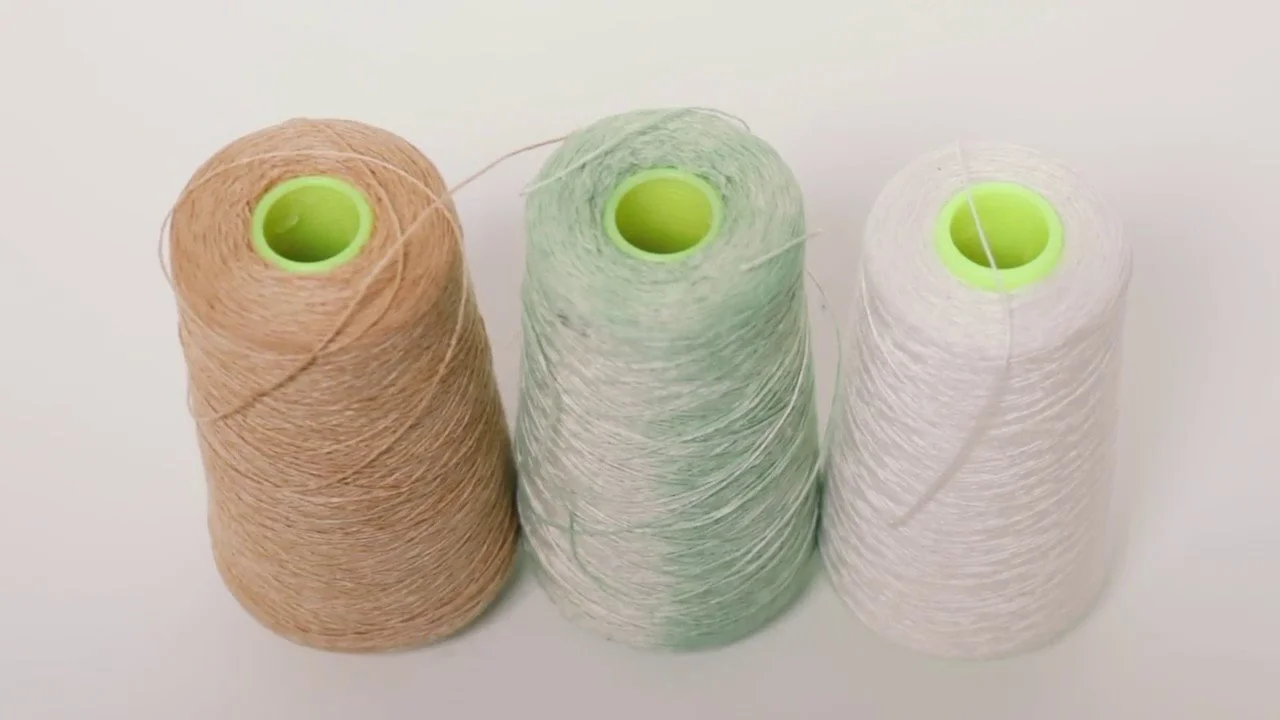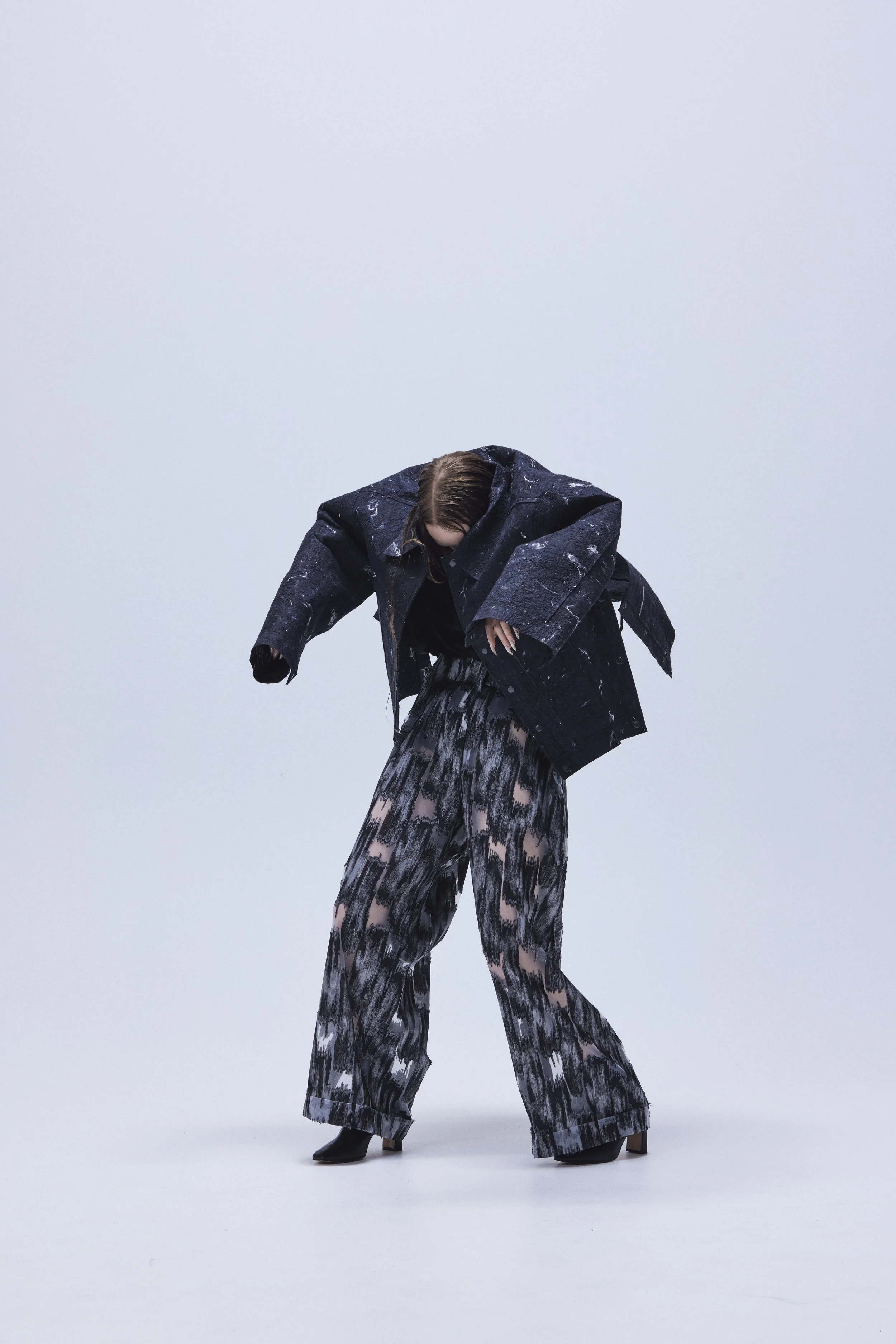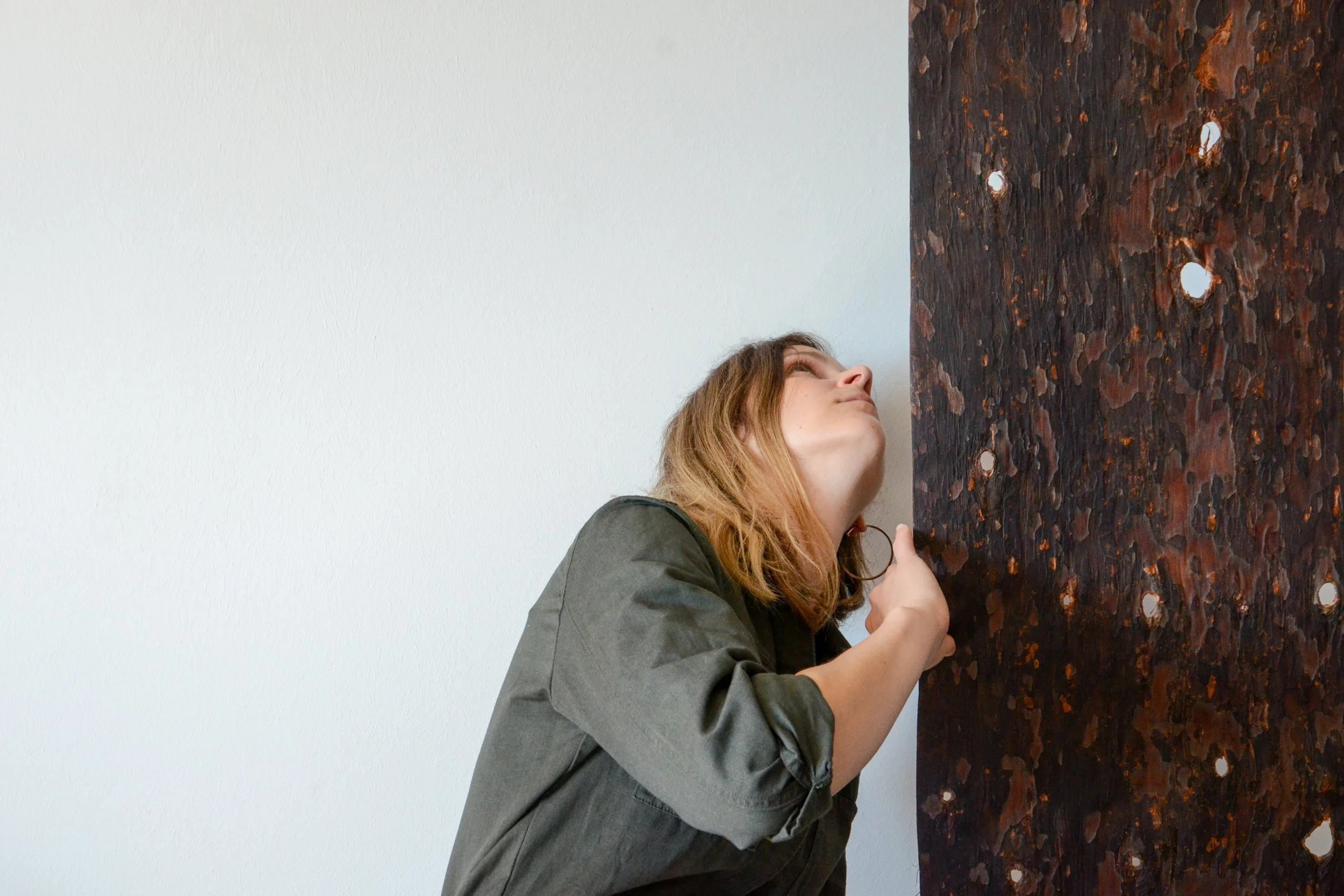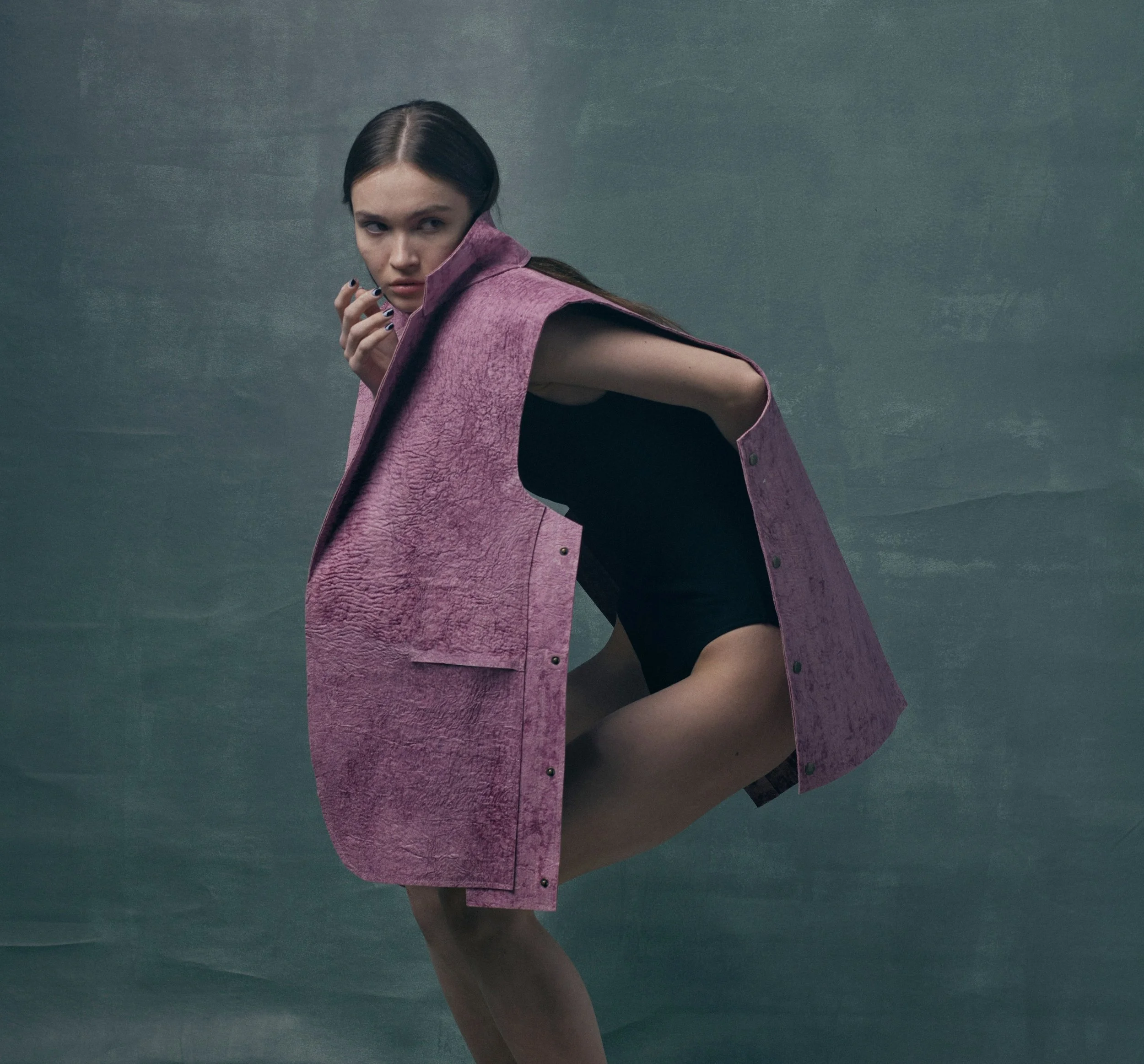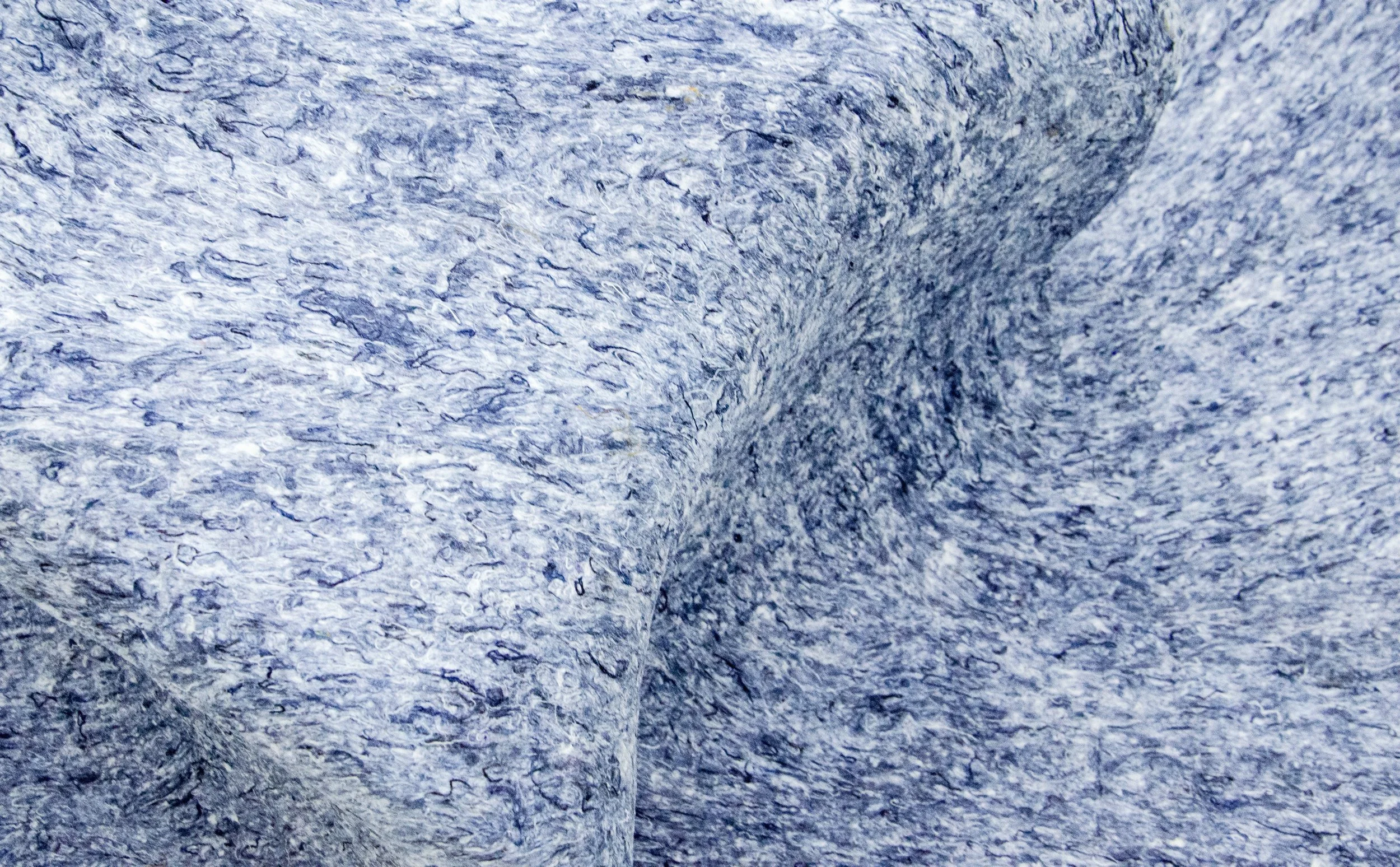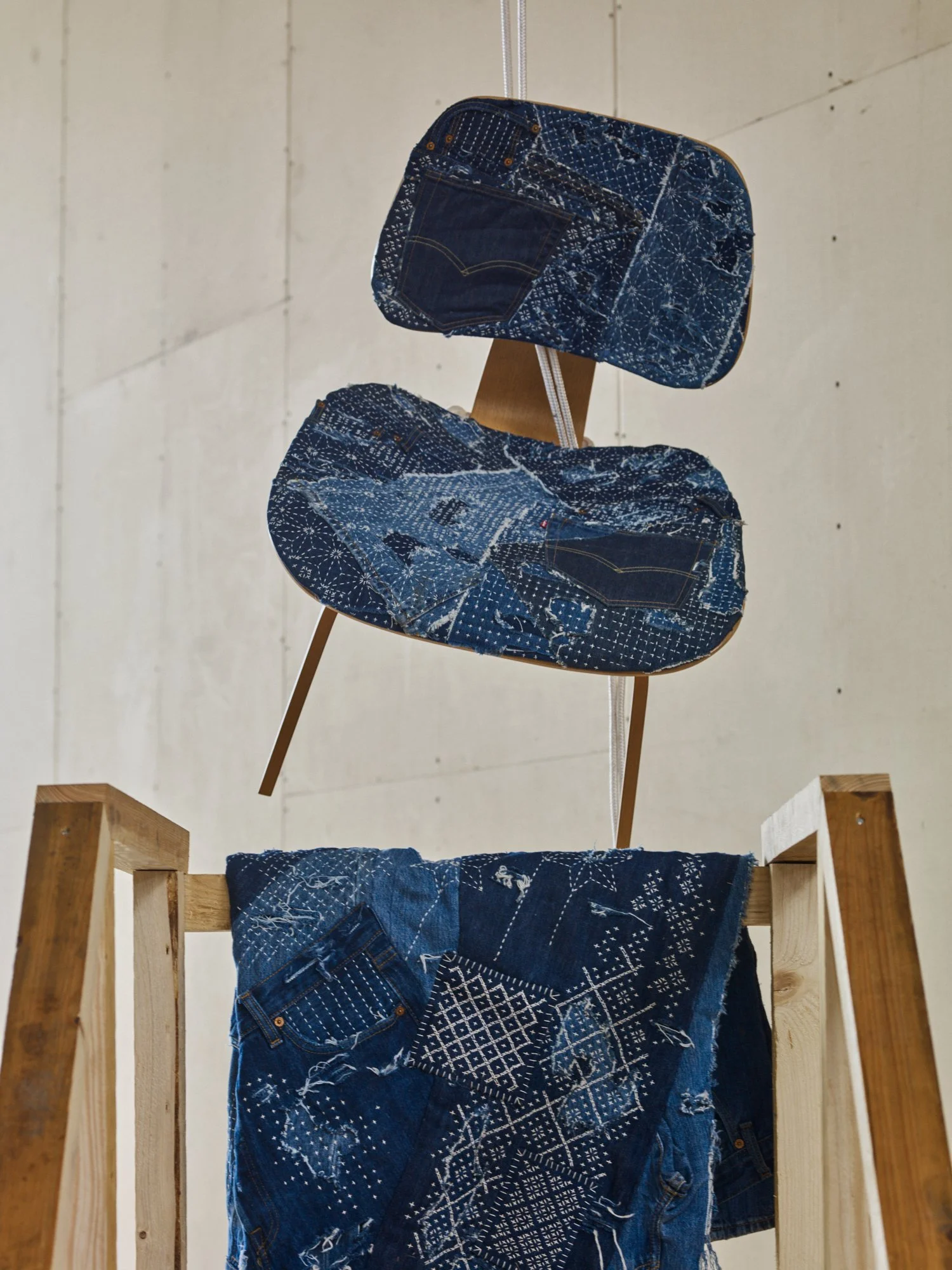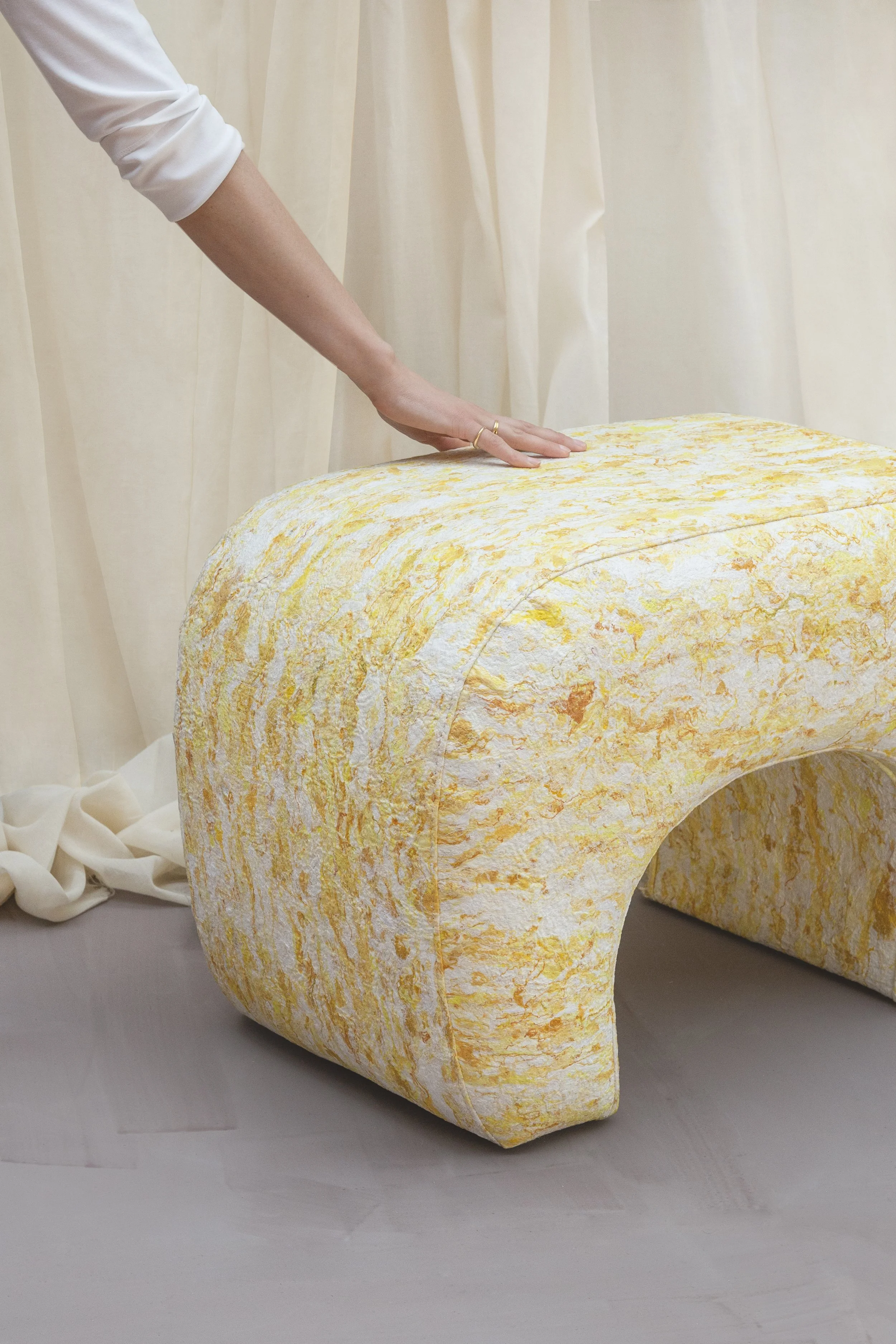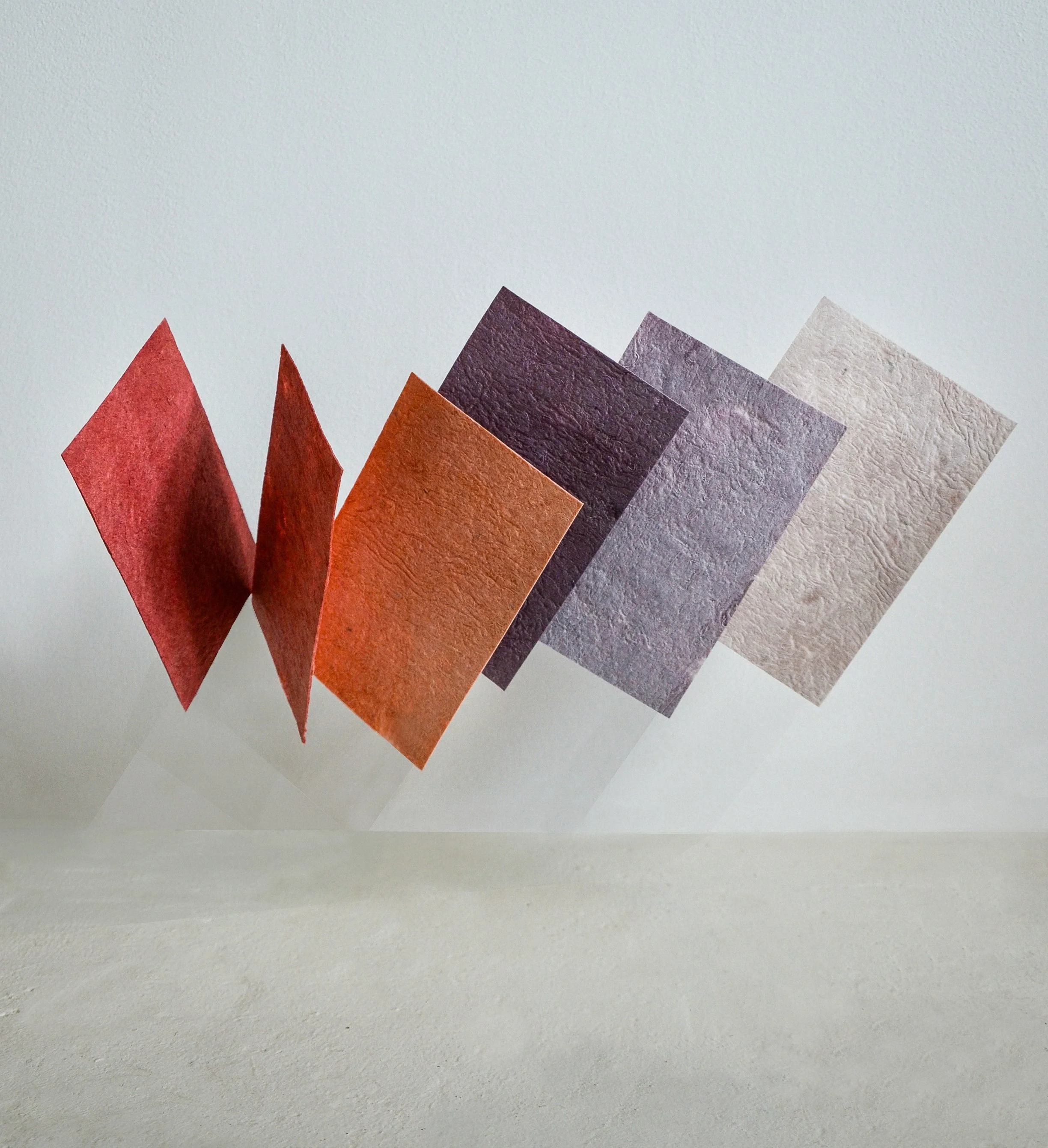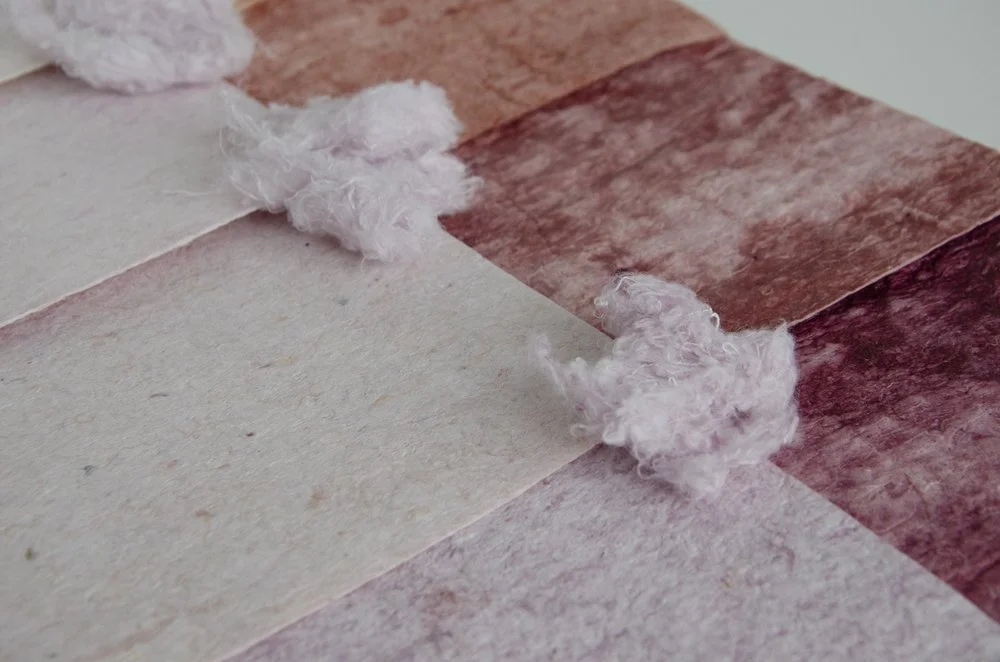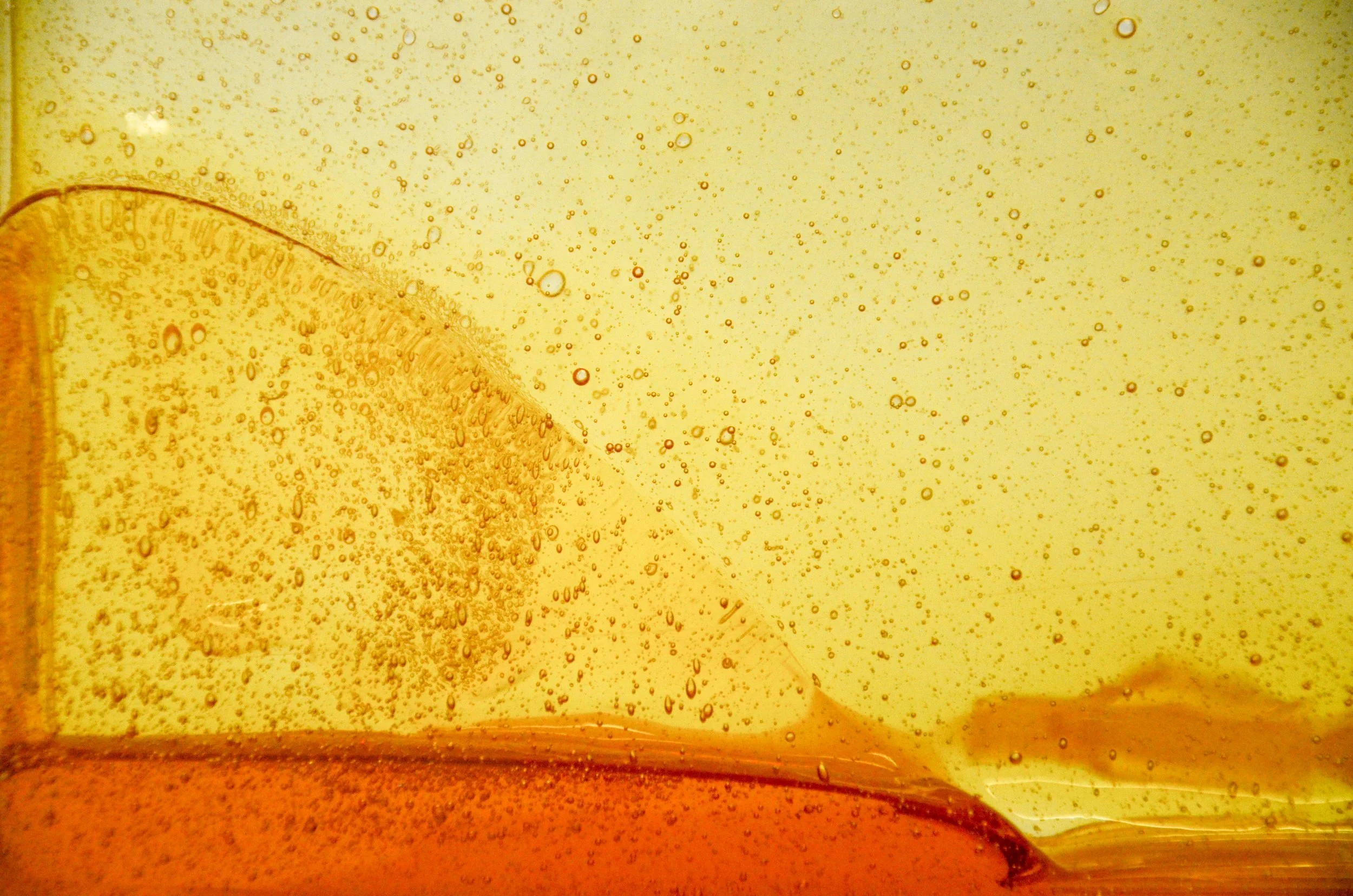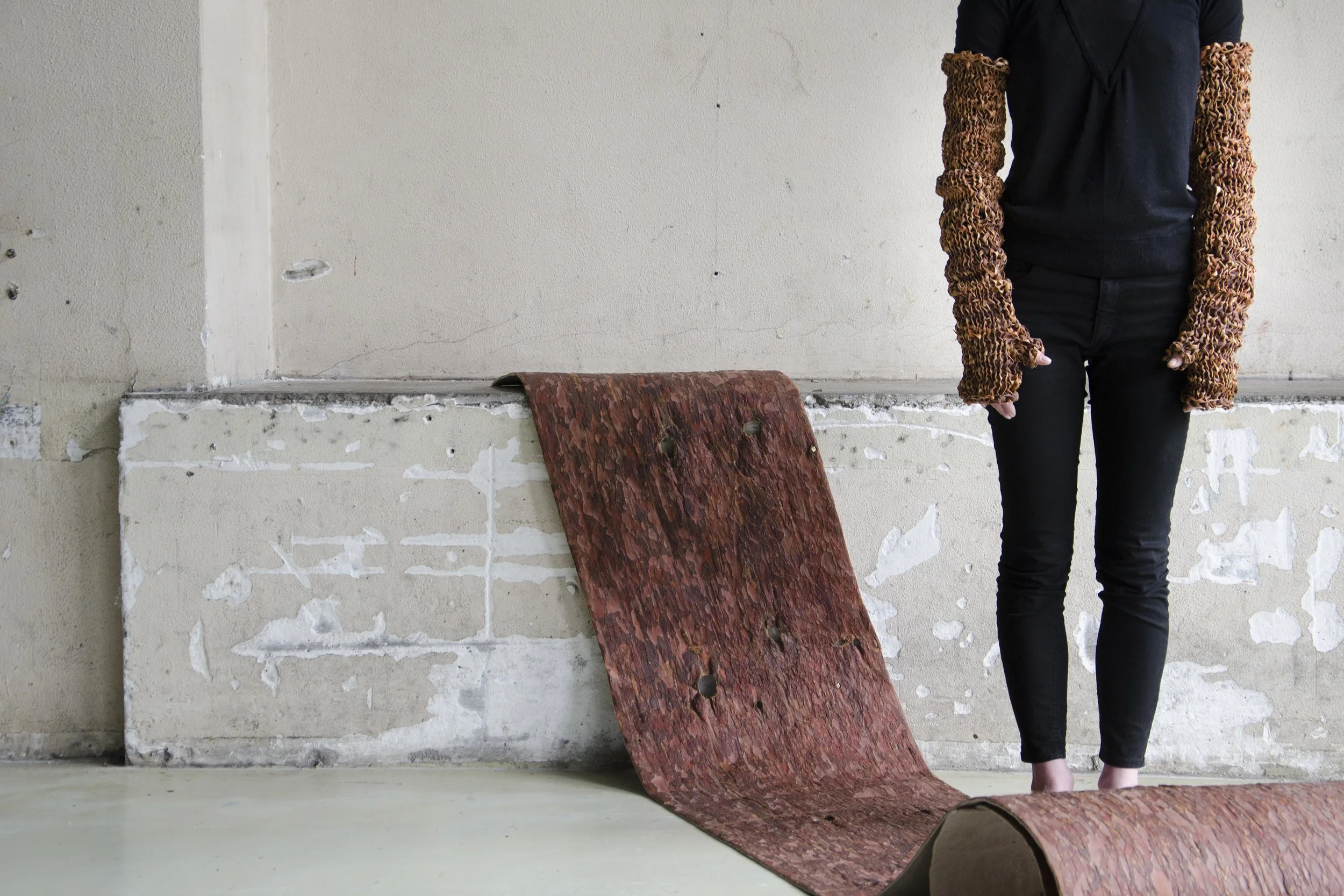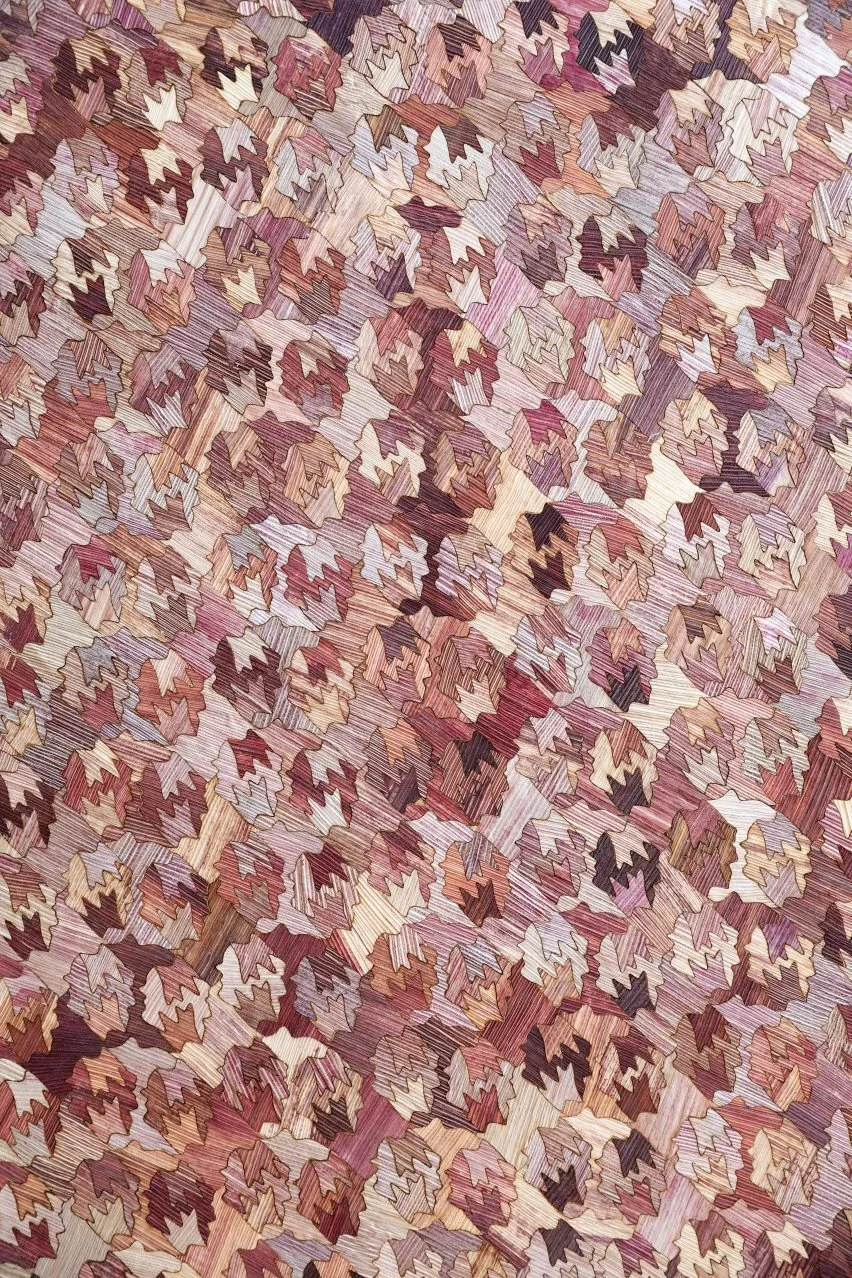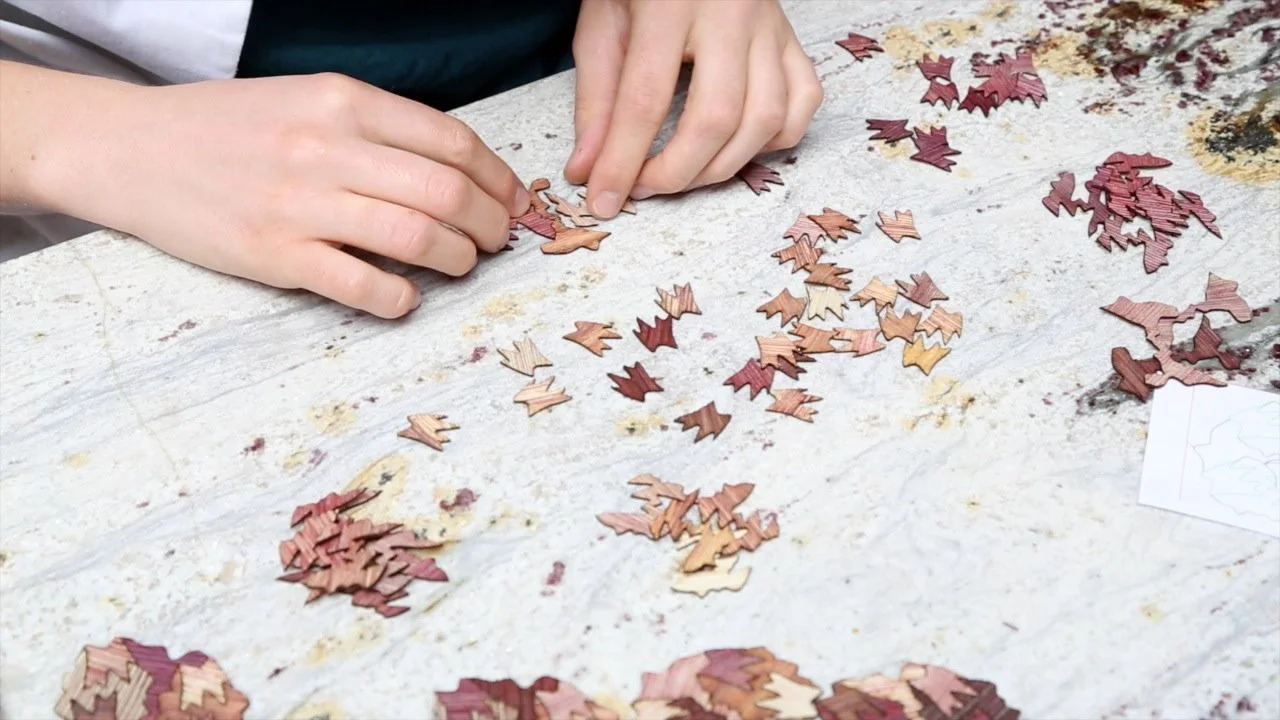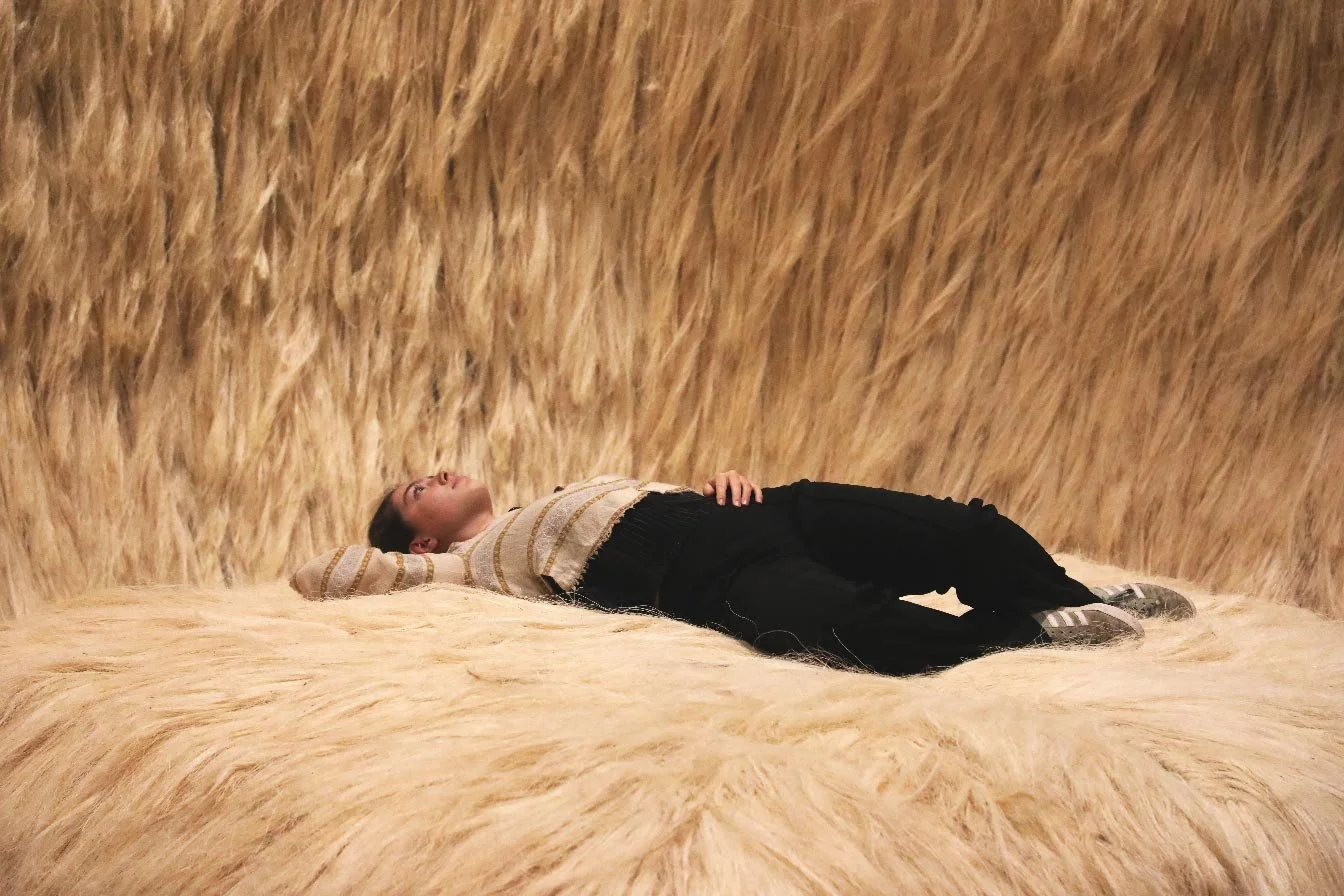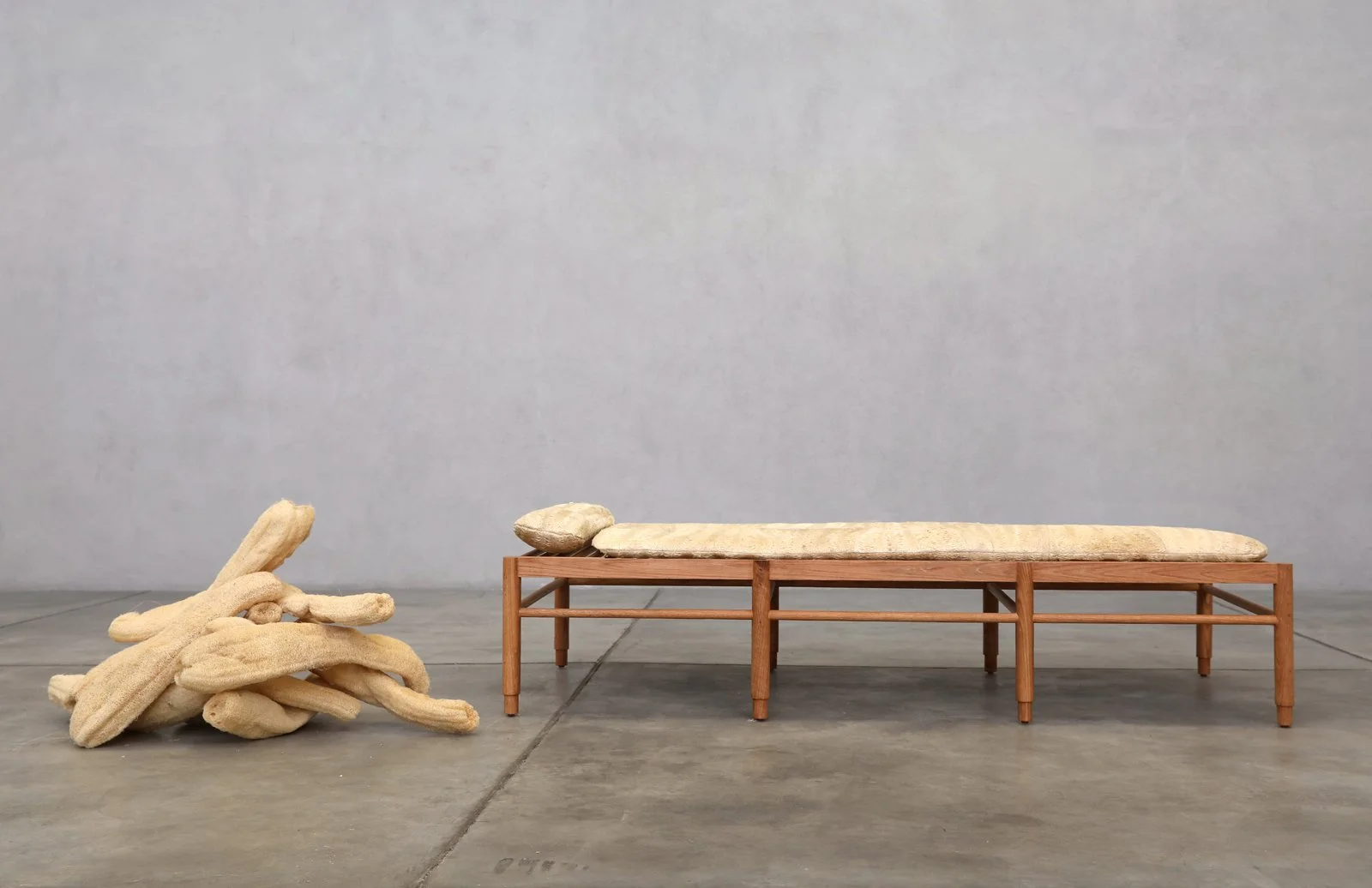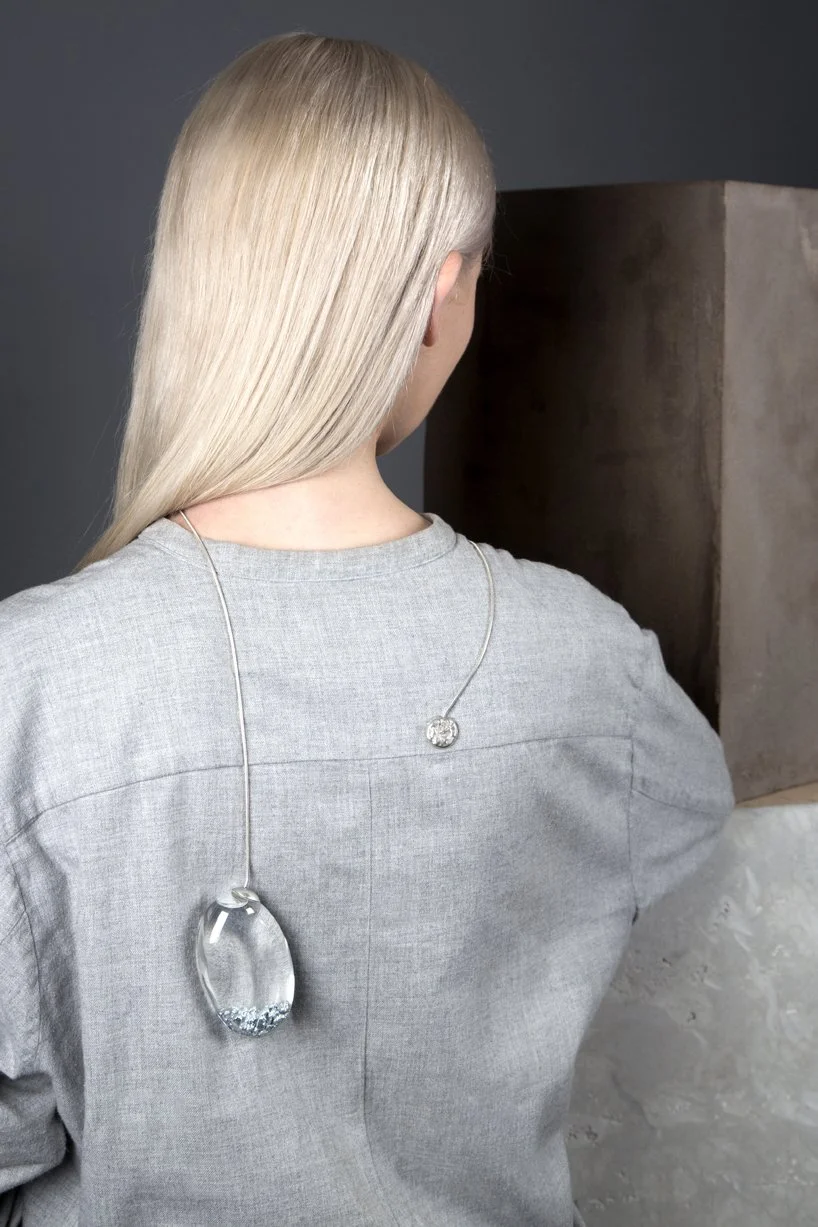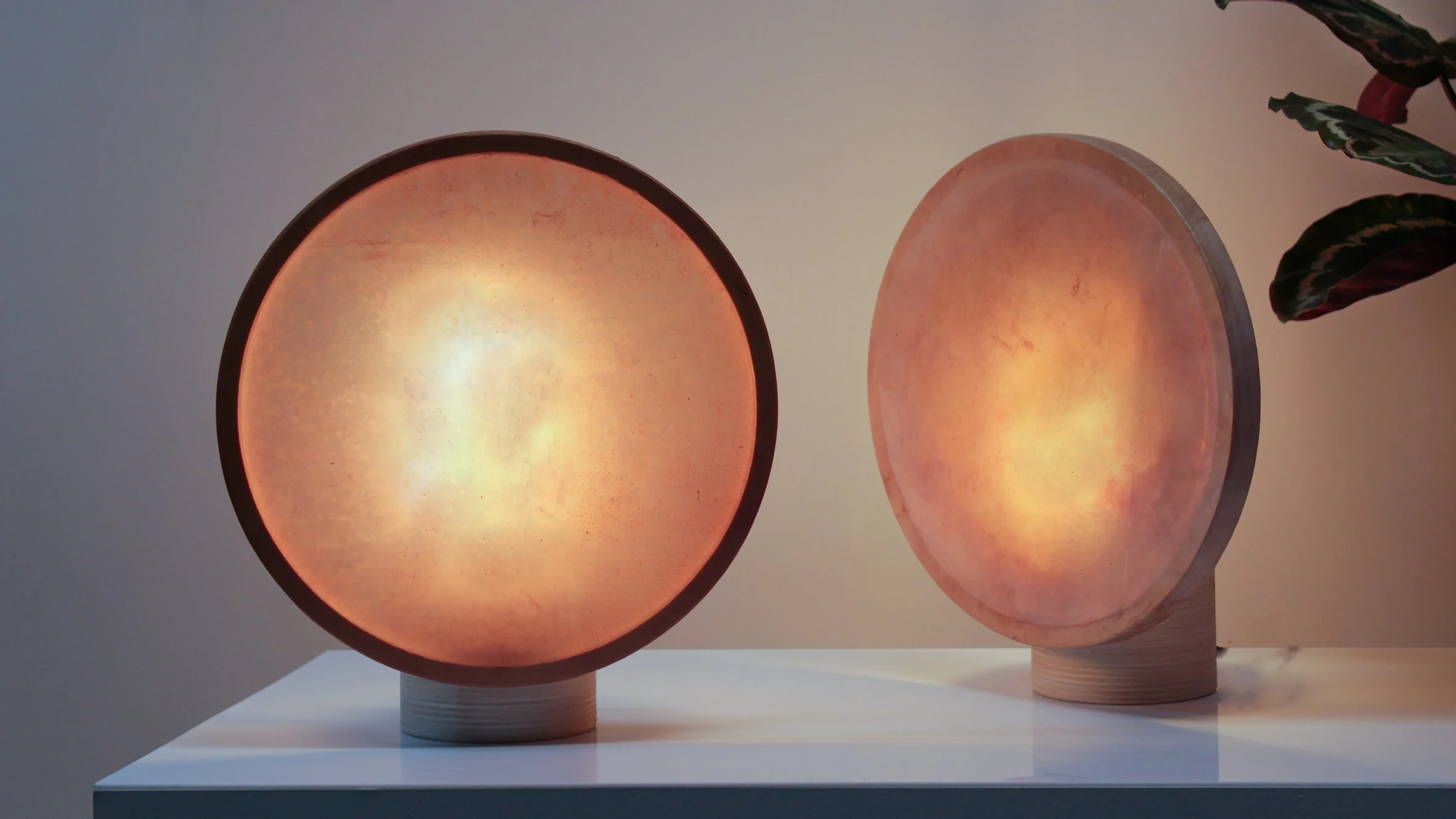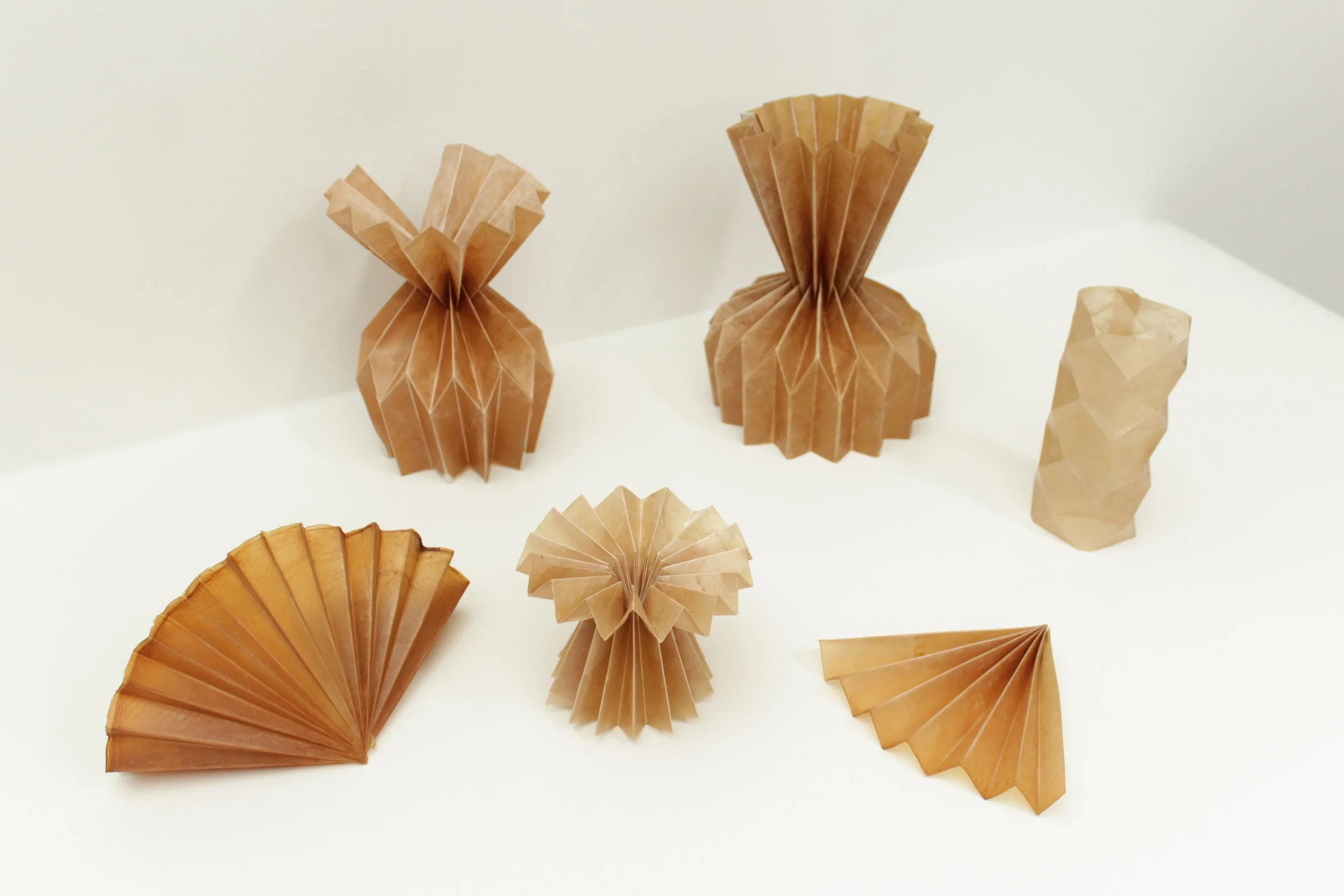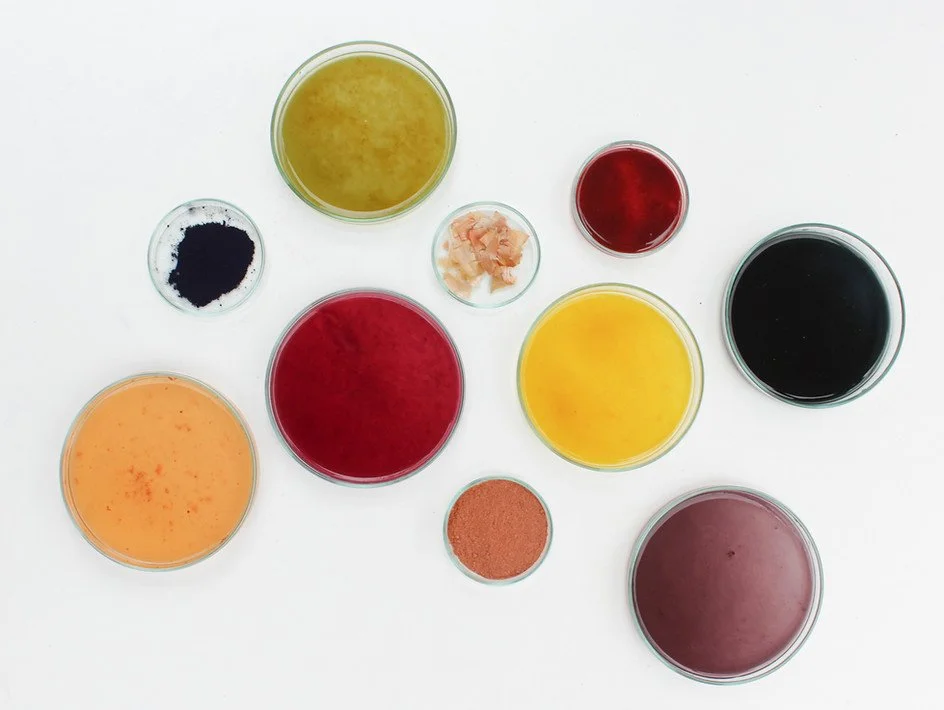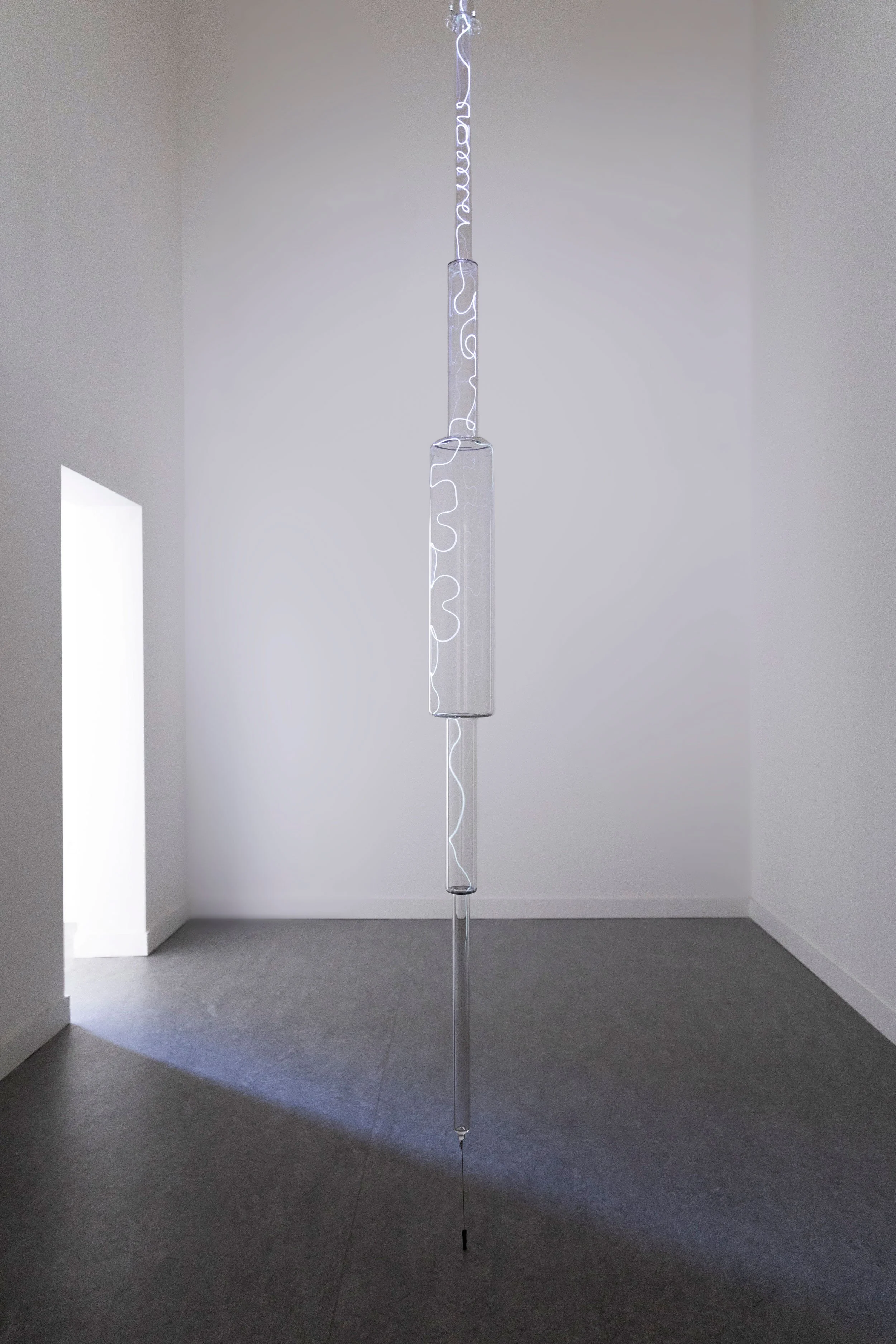 Image 1 of 15
Image 1 of 15

 Image 2 of 15
Image 2 of 15

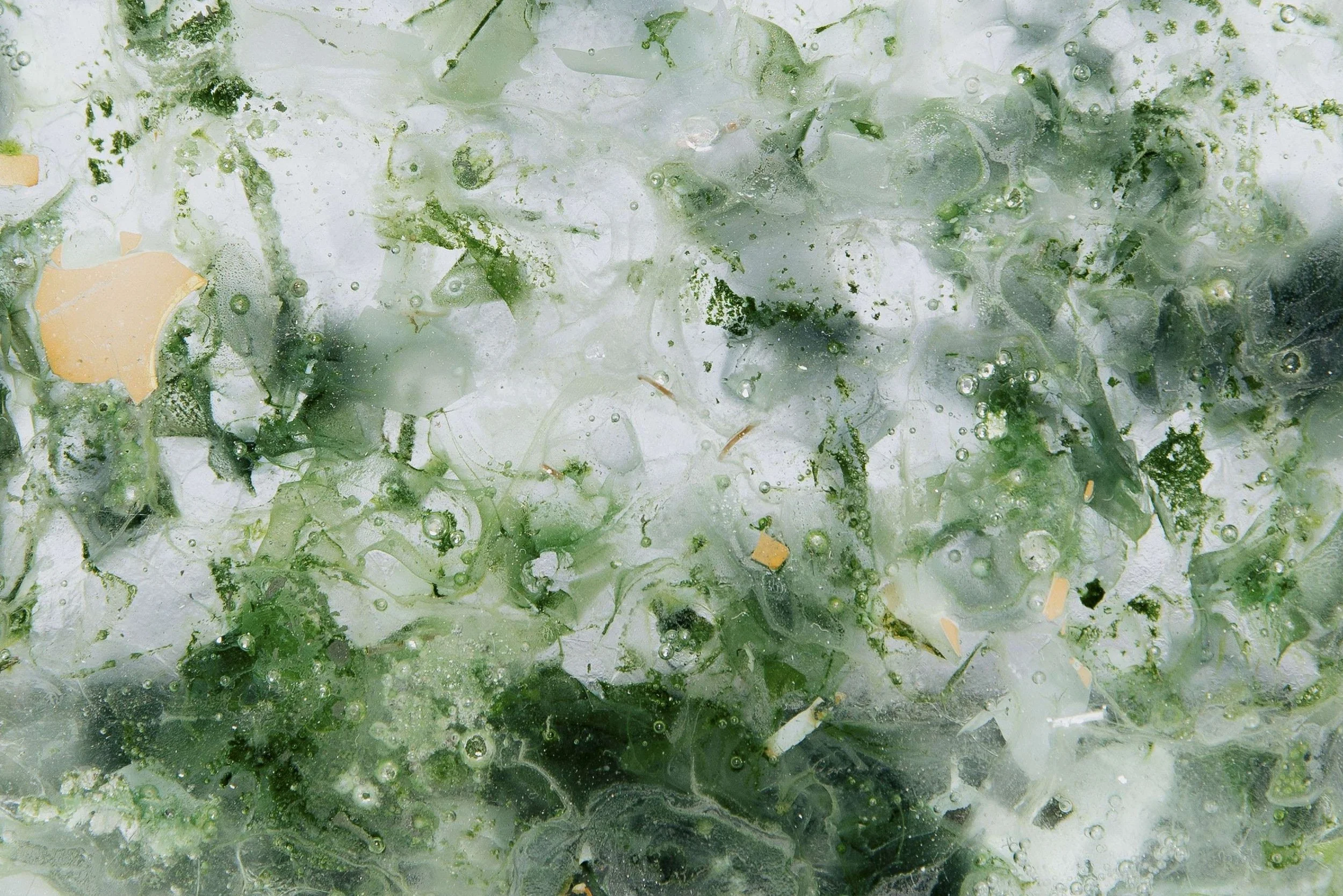 Image 3 of 15
Image 3 of 15

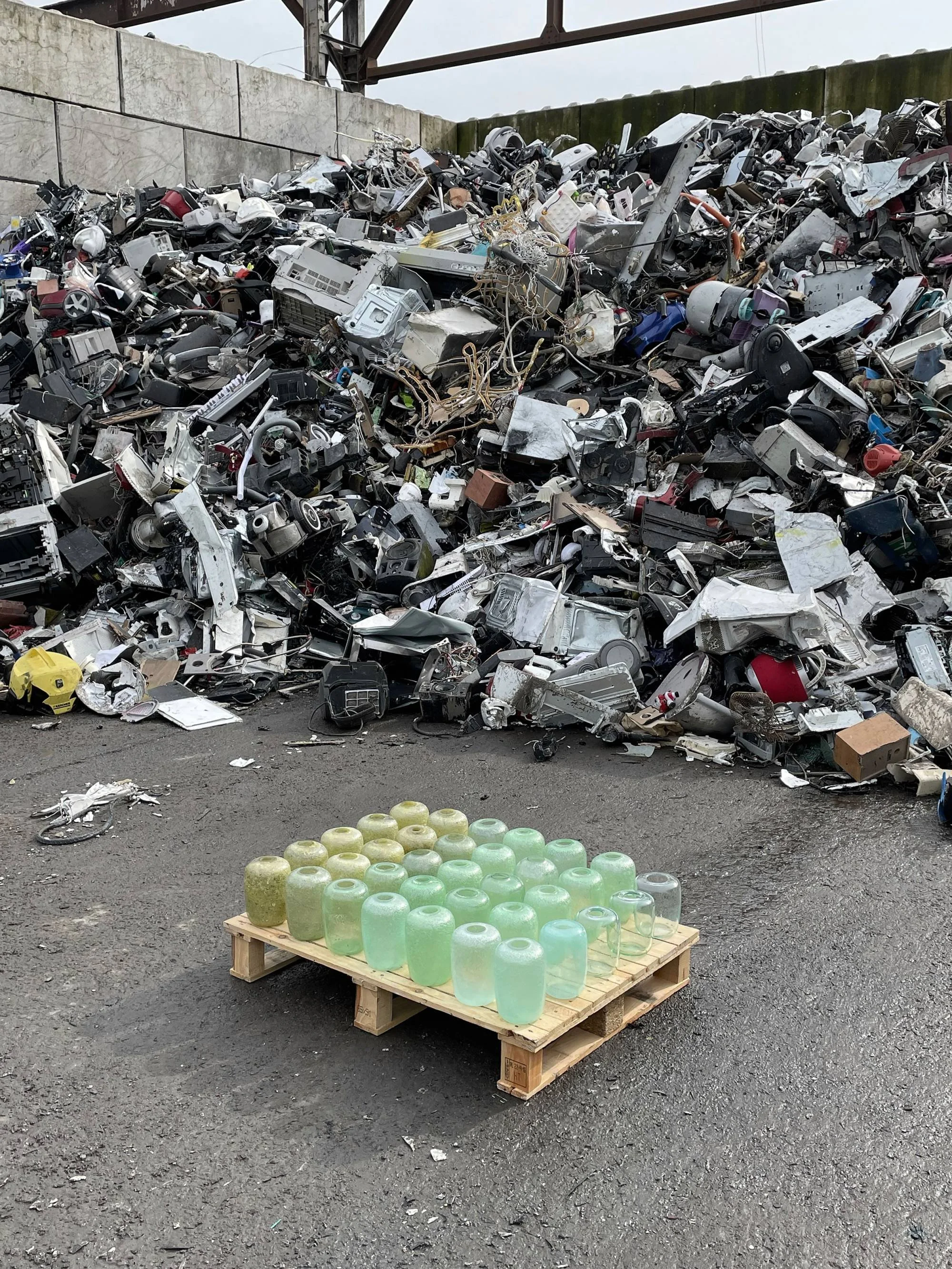 Image 4 of 15
Image 4 of 15

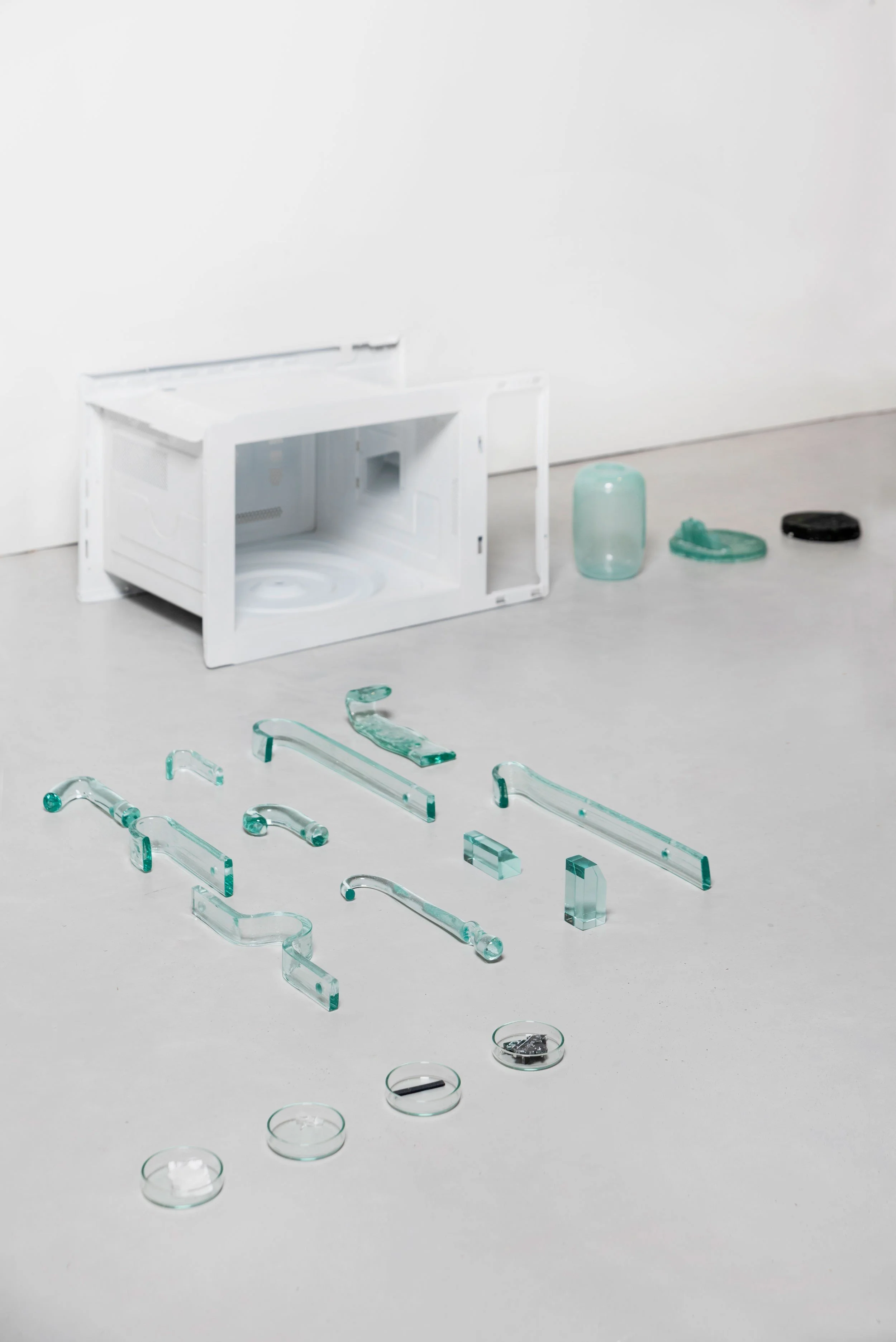 Image 5 of 15
Image 5 of 15

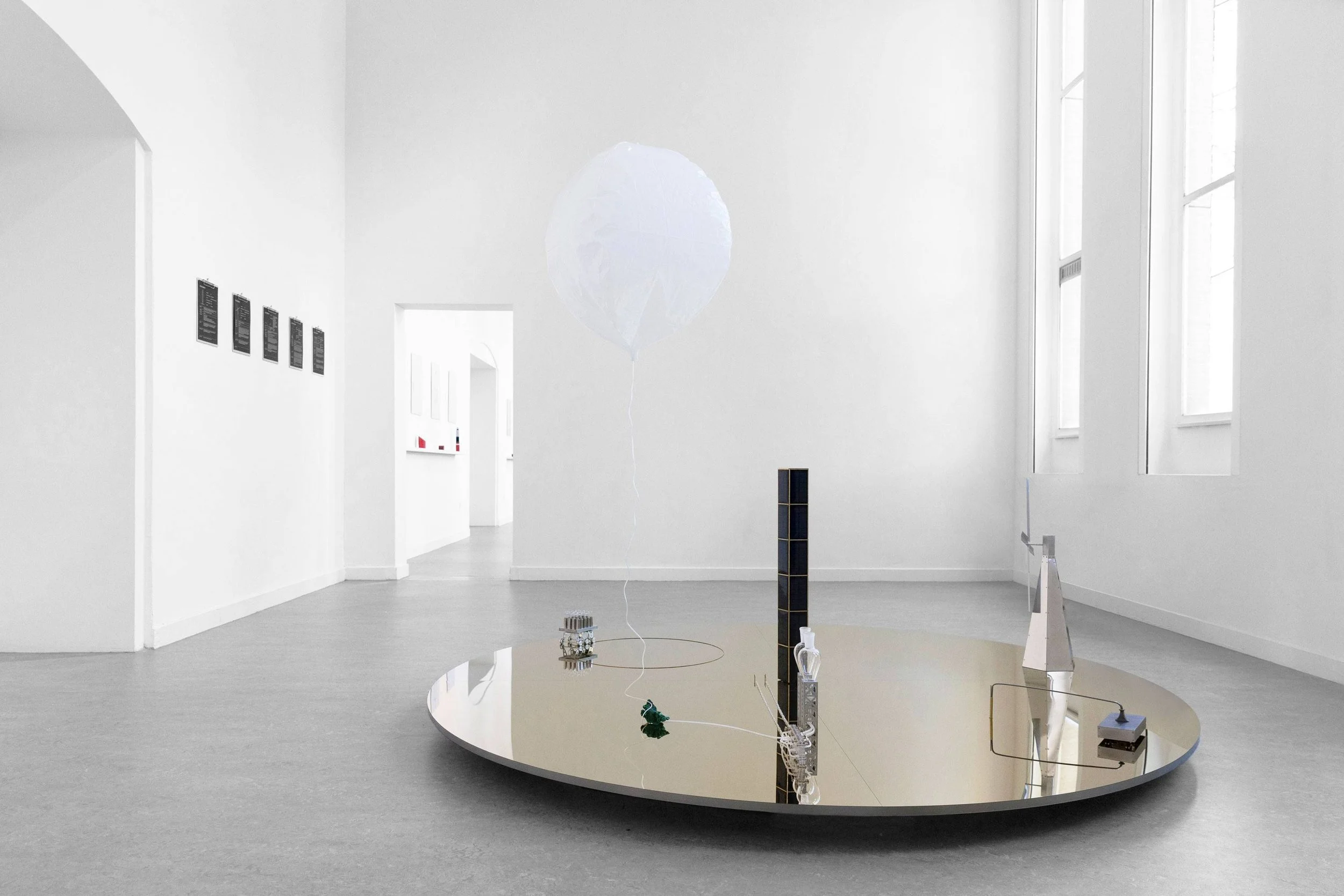 Image 6 of 15
Image 6 of 15

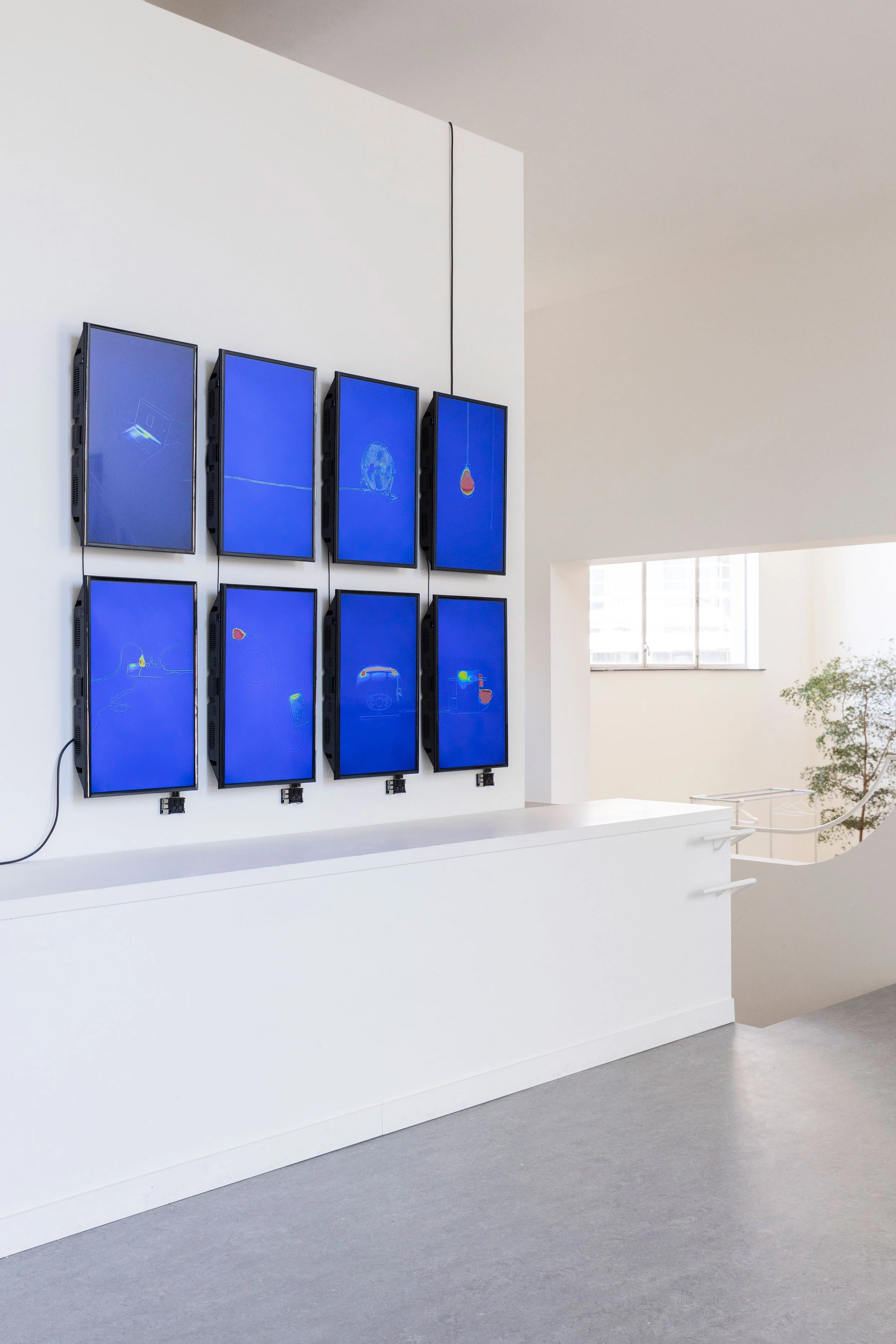 Image 7 of 15
Image 7 of 15

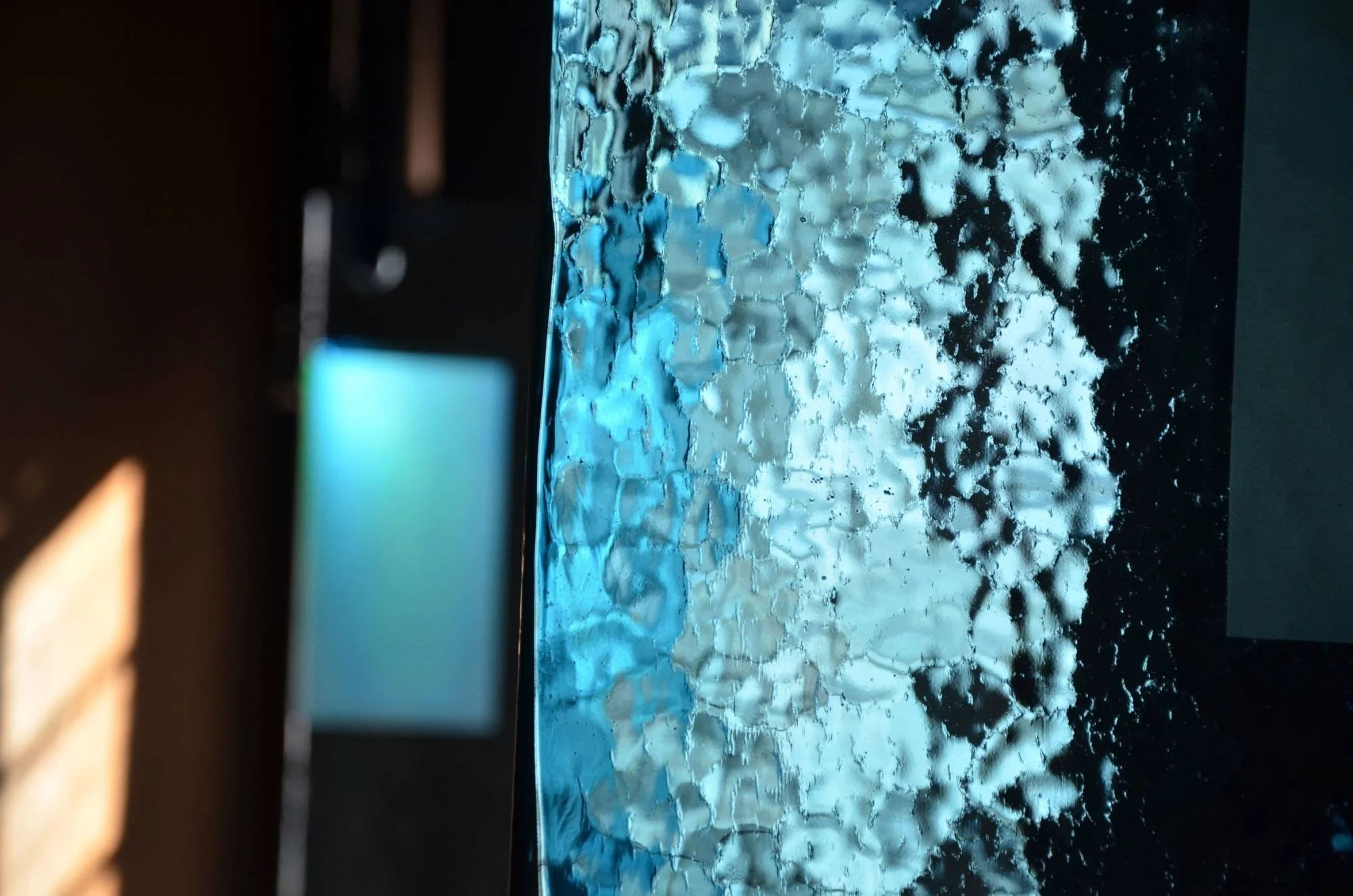 Image 8 of 15
Image 8 of 15

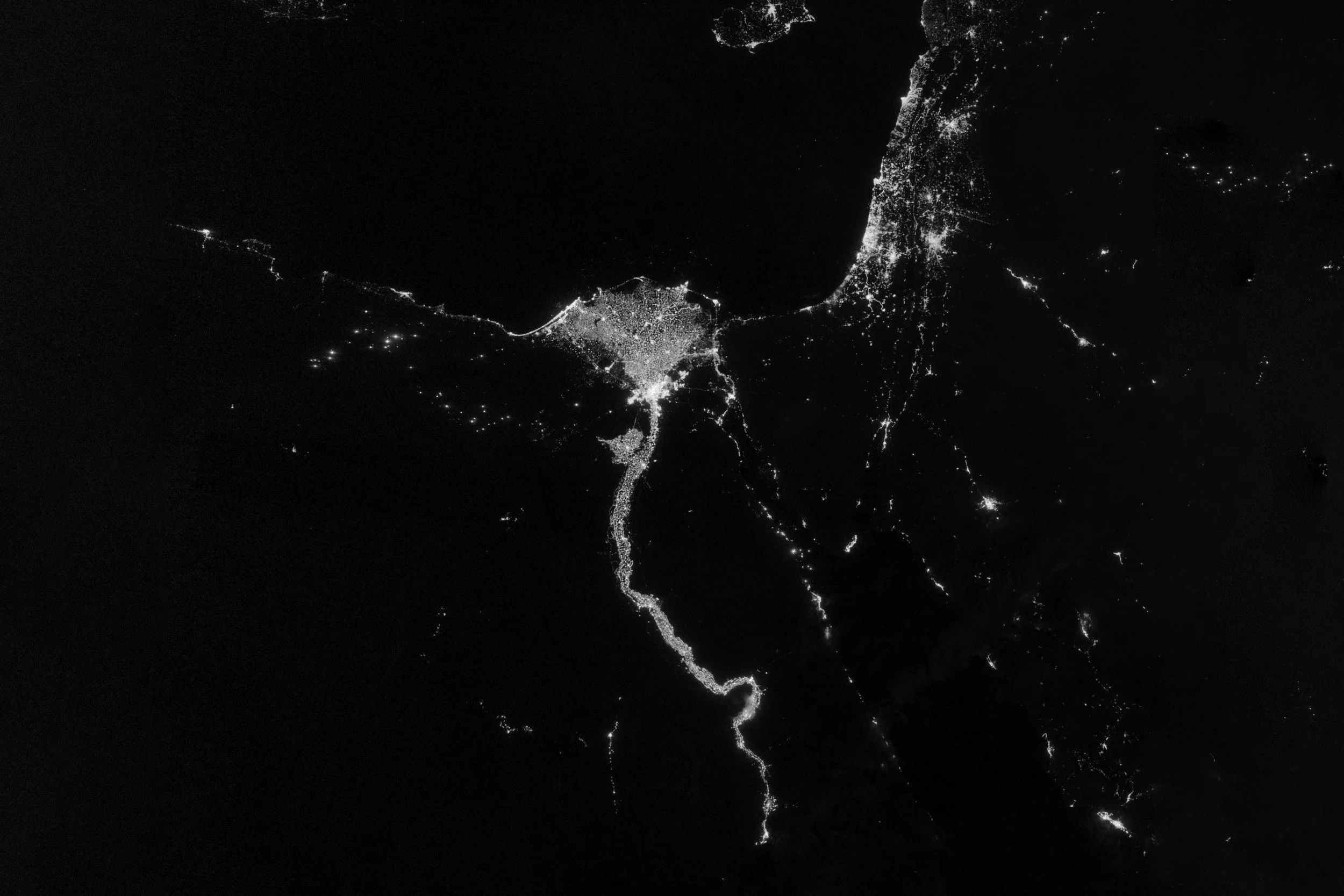 Image 9 of 15
Image 9 of 15

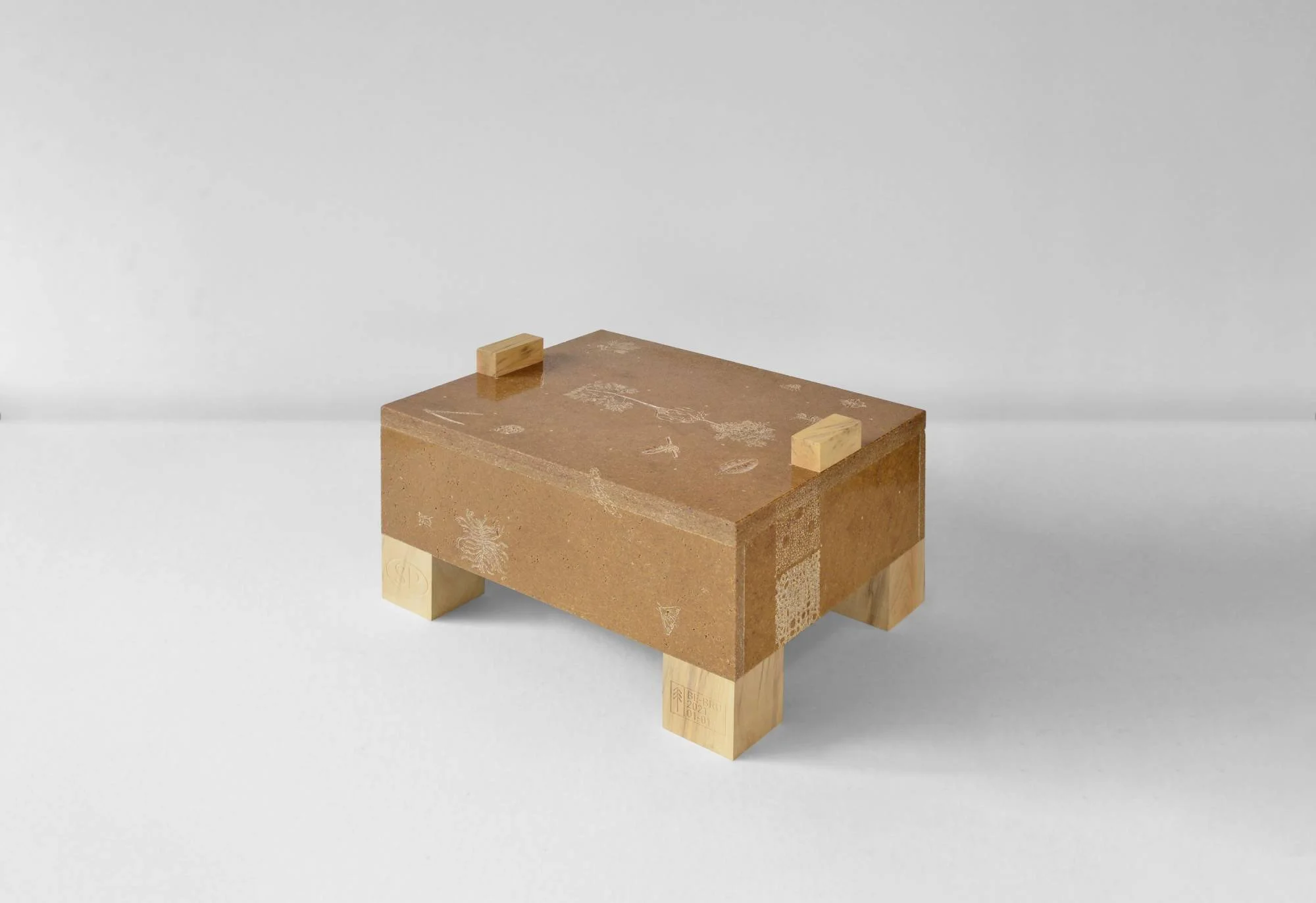 Image 10 of 15
Image 10 of 15

 Image 11 of 15
Image 11 of 15

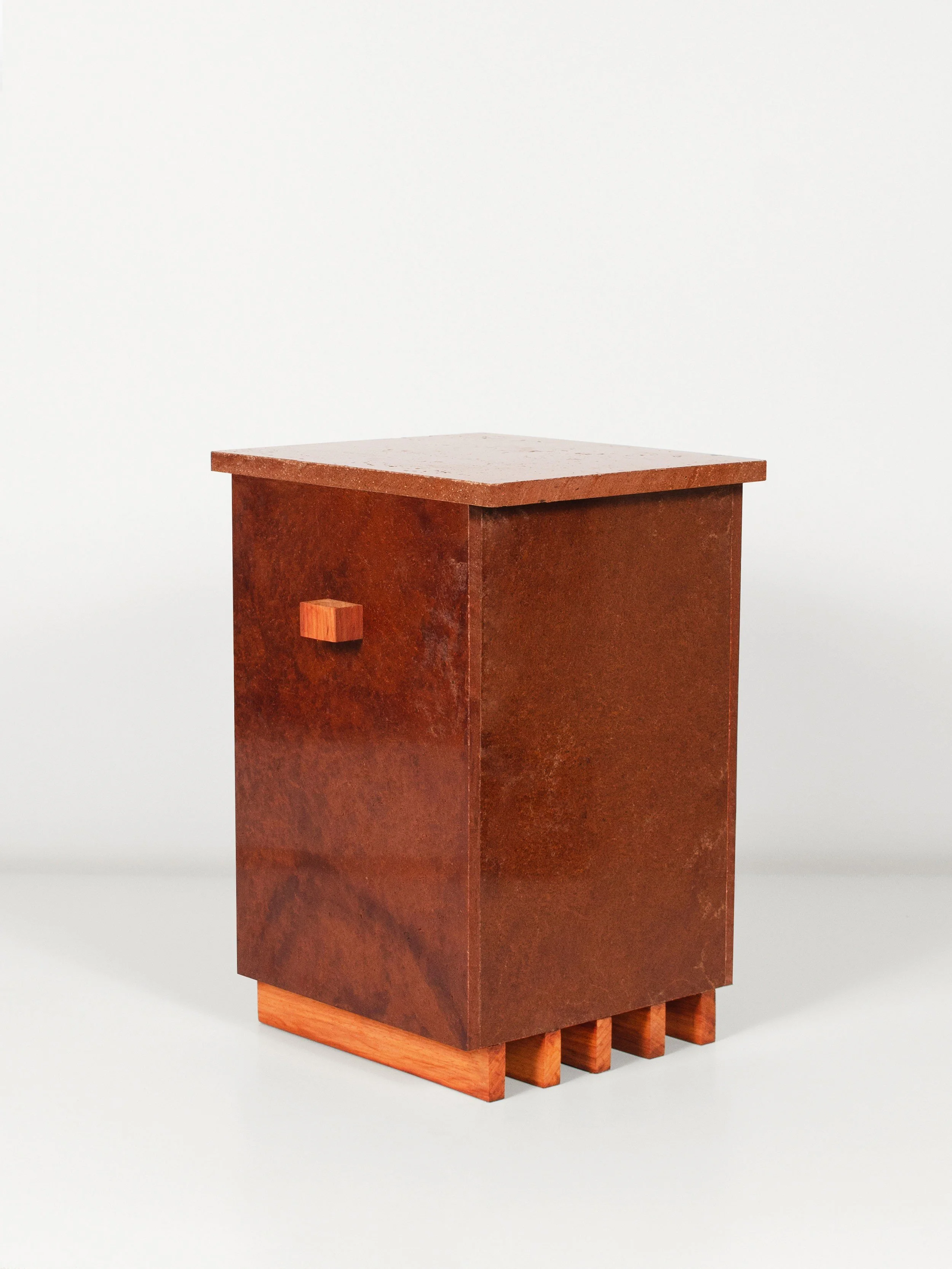 Image 12 of 15
Image 12 of 15

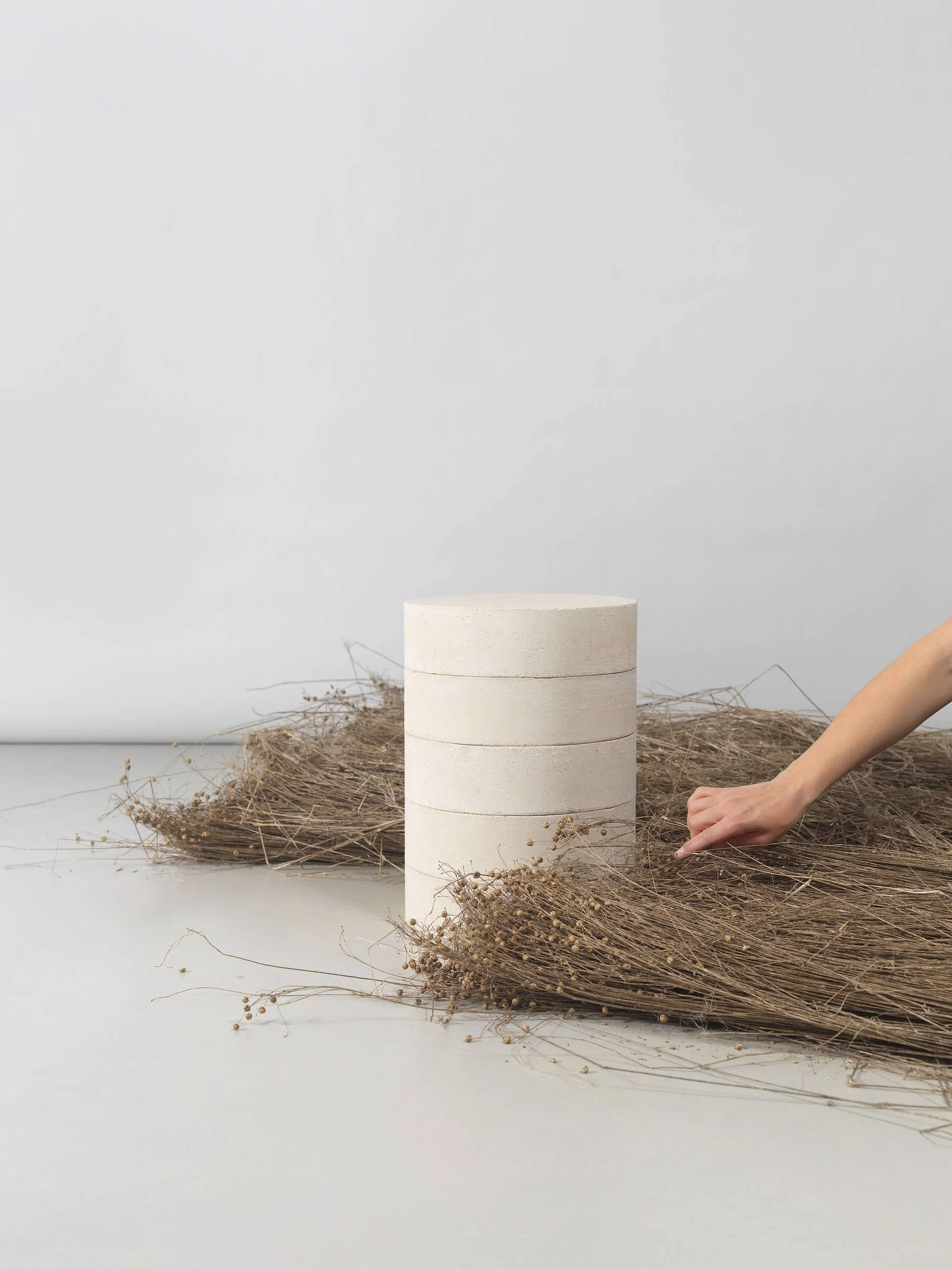 Image 13 of 15
Image 13 of 15

 Image 14 of 15
Image 14 of 15

 Image 15 of 15
Image 15 of 15
















Studio Plastique rethink waste as a resource for functional products
Studio Plastique is a research-based design studio founded by Theresa Bastek and Archibald Godts in 2017. Based in Brussels, Belgium, the studio was established with the mission to design sustainable and empathic processes, materials, products, and environments through interdisciplinary collaborations. Studio Plastique's current mission focuses on addressing significant contemporary issues such as waste and consumption behaviors by transforming waste materials into valuable resources. Core values include sustainability, innovation, and empathy, with a purpose to redefine the relationship between design, materials, and the environment.
Location
Headquarters: Brussels, Belgium.
Primary manufacturing/operations locations: Various global locations for projects and collaborations.
The Circular Vision
Core circular economy principles: Designing out waste, using recycled and sustainable materials, and creating products that promote environmental awareness and sustainable practices.
Key innovations: Development of projects like "Common Sands," which transforms e-waste glass into architectural tiles, and "Linen Lab," which explores innovative applications for flax and linseed byproducts.
Prioritization of local sourcing and closed-loop supply chains: Emphasis on using locally sourced waste materials and sustainable production methods to minimize environmental impact and support local economies.
Pioneering Solutions
Flagship projects: "Common Sands" (transforming e-waste glass into architectural tiles), "Linen Lab" (innovative applications for flax and linseed byproducts), and "+52" (a step stool made from underutilized wood types).
Unique value propositions: High-quality, innovative design solutions that prioritize circularity, material reuse, and environmental responsibility. Studio Plastique's work is known for its ability to transform waste materials into desirable, functional products.
The Regenerative Future
R&D focus areas: Advancing material innovation techniques, exploring new applications for waste materials, and developing solutions that further reduce waste and energy consumption in design and production processes.
Ambitious goals: To lead the design industry in sustainable practices, create zero-waste products and installations, and inspire a shift towards a regenerative approach to design and environmental stewardship.
Fact Sheet
Commercial Availability: Design services and products available through direct collaborations, exhibitions, and partnerships with industry.
Circularity Rating: 5/5 (Strong focus on integrating circular economy principles in design and production).
Key Certifications: Winner of the Dezeen Award for Sustainable Design, Wallpaper Design Award for Best Domestic Design.
Cost Rating: 4/5 (Competitive with high-end design services, with significant value in sustainability and innovation).
Material Passport: Detailed material traceability and use of recycled and sustainable materials.
Designed for Disassembly: Yes, products and installations are designed for easy disassembly and recycling.
Carbon Performance: Focus on reducing carbon footprint through the use of recycled materials and local production. Committed to minimizing environmental impact through efficient design and manufacturing processes.
Key Takeaway
Studio Plastique transforms the design industry through innovative, sustainable solutions that prioritize circular economy principles, setting a benchmark for environmental responsibility and material innovation in contemporary design.
Explore Further
Studio Plastique website: https://www.studioplastique.com
Example project: Common Sands
Studio Plastique is a research-based design studio founded by Theresa Bastek and Archibald Godts in 2017. Based in Brussels, Belgium, the studio was established with the mission to design sustainable and empathic processes, materials, products, and environments through interdisciplinary collaborations. Studio Plastique's current mission focuses on addressing significant contemporary issues such as waste and consumption behaviors by transforming waste materials into valuable resources. Core values include sustainability, innovation, and empathy, with a purpose to redefine the relationship between design, materials, and the environment.
Location
Headquarters: Brussels, Belgium.
Primary manufacturing/operations locations: Various global locations for projects and collaborations.
The Circular Vision
Core circular economy principles: Designing out waste, using recycled and sustainable materials, and creating products that promote environmental awareness and sustainable practices.
Key innovations: Development of projects like "Common Sands," which transforms e-waste glass into architectural tiles, and "Linen Lab," which explores innovative applications for flax and linseed byproducts.
Prioritization of local sourcing and closed-loop supply chains: Emphasis on using locally sourced waste materials and sustainable production methods to minimize environmental impact and support local economies.
Pioneering Solutions
Flagship projects: "Common Sands" (transforming e-waste glass into architectural tiles), "Linen Lab" (innovative applications for flax and linseed byproducts), and "+52" (a step stool made from underutilized wood types).
Unique value propositions: High-quality, innovative design solutions that prioritize circularity, material reuse, and environmental responsibility. Studio Plastique's work is known for its ability to transform waste materials into desirable, functional products.
The Regenerative Future
R&D focus areas: Advancing material innovation techniques, exploring new applications for waste materials, and developing solutions that further reduce waste and energy consumption in design and production processes.
Ambitious goals: To lead the design industry in sustainable practices, create zero-waste products and installations, and inspire a shift towards a regenerative approach to design and environmental stewardship.
Fact Sheet
Commercial Availability: Design services and products available through direct collaborations, exhibitions, and partnerships with industry.
Circularity Rating: 5/5 (Strong focus on integrating circular economy principles in design and production).
Key Certifications: Winner of the Dezeen Award for Sustainable Design, Wallpaper Design Award for Best Domestic Design.
Cost Rating: 4/5 (Competitive with high-end design services, with significant value in sustainability and innovation).
Material Passport: Detailed material traceability and use of recycled and sustainable materials.
Designed for Disassembly: Yes, products and installations are designed for easy disassembly and recycling.
Carbon Performance: Focus on reducing carbon footprint through the use of recycled materials and local production. Committed to minimizing environmental impact through efficient design and manufacturing processes.
Key Takeaway
Studio Plastique transforms the design industry through innovative, sustainable solutions that prioritize circular economy principles, setting a benchmark for environmental responsibility and material innovation in contemporary design.
Explore Further
Studio Plastique website: https://www.studioplastique.com
Example project: Common Sands
